
Delaware Officials Defy Calls To Release Prisoners Who Are At Risk Of Dying From Coronavirus
Prisoners feel like they are ‘sitting ducks,’ said a woman whose boyfriend is incarcerated at the James T. Vaughn Correctional Center.

Prisoners feel like they are ‘sitting ducks,’ said a woman whose boyfriend is incarcerated at the James T. Vaughn Correctional Center.
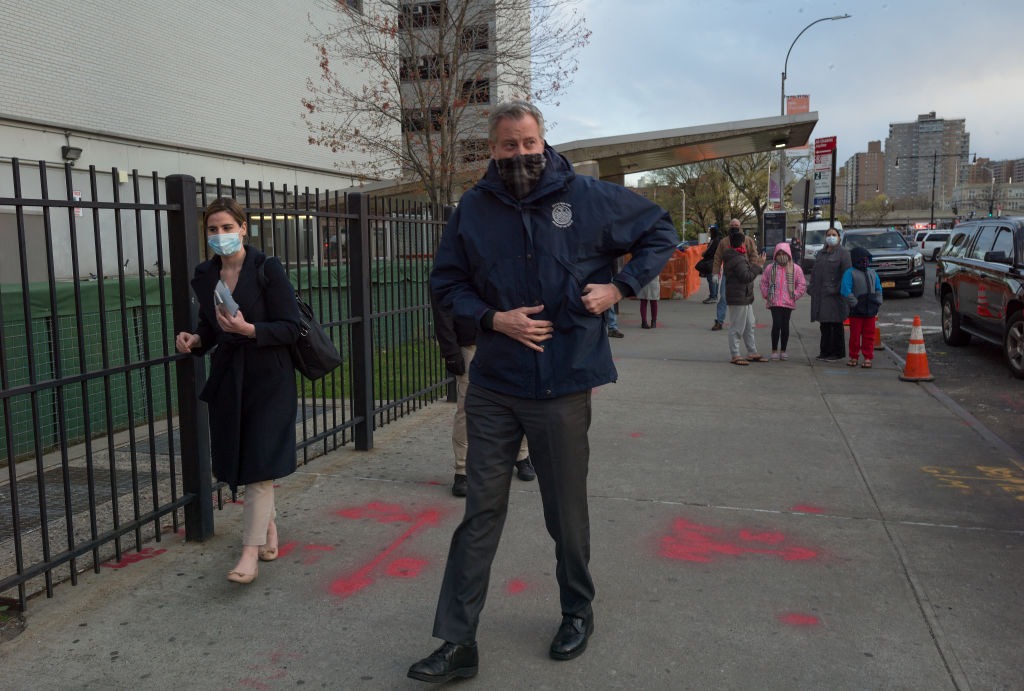
As COVID-19 spreads, Andrew Cuomo and Bill de Blasio are slashing budgets, but leaving funding for police and prisons largely untouched.
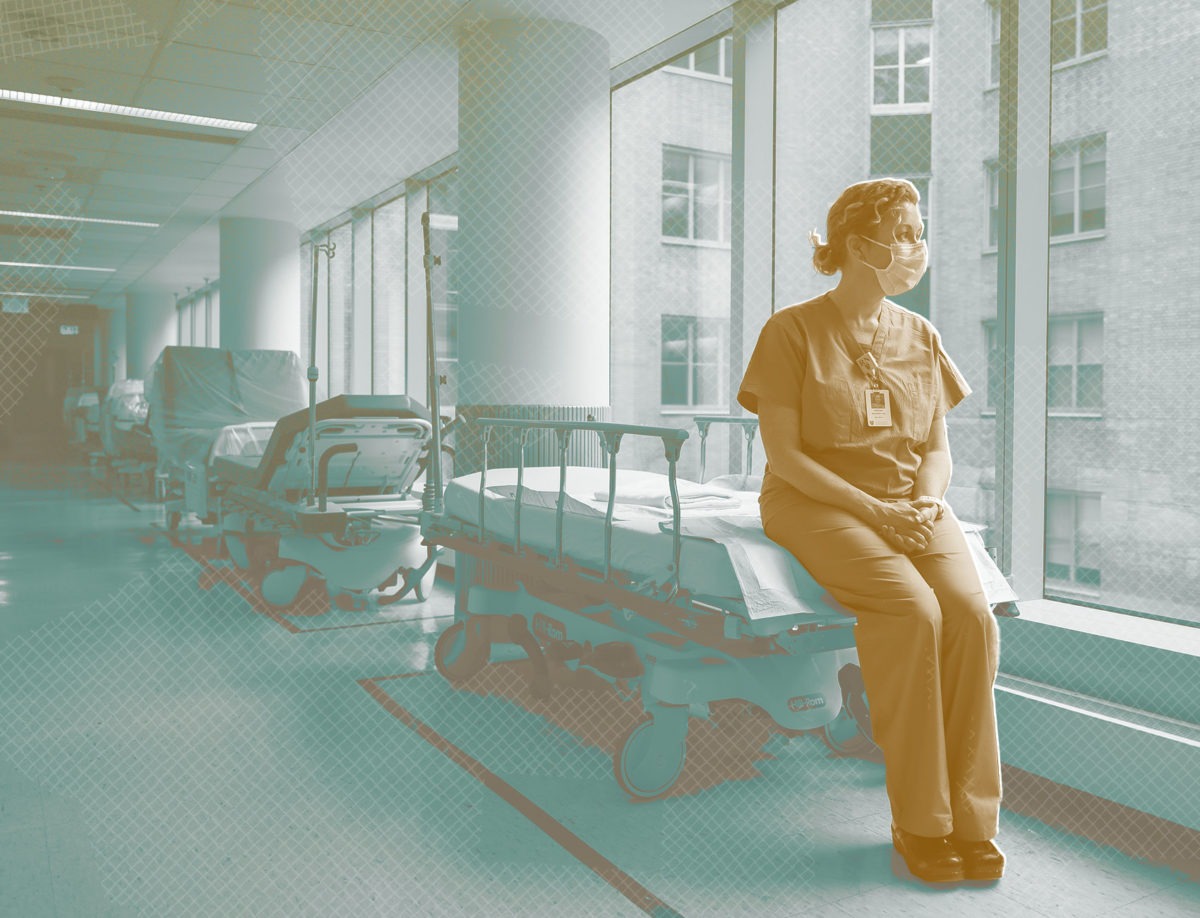
An overwhelming majority of Americans support the federal government paying all healthcare costs for the duration of the coronavirus emergency.
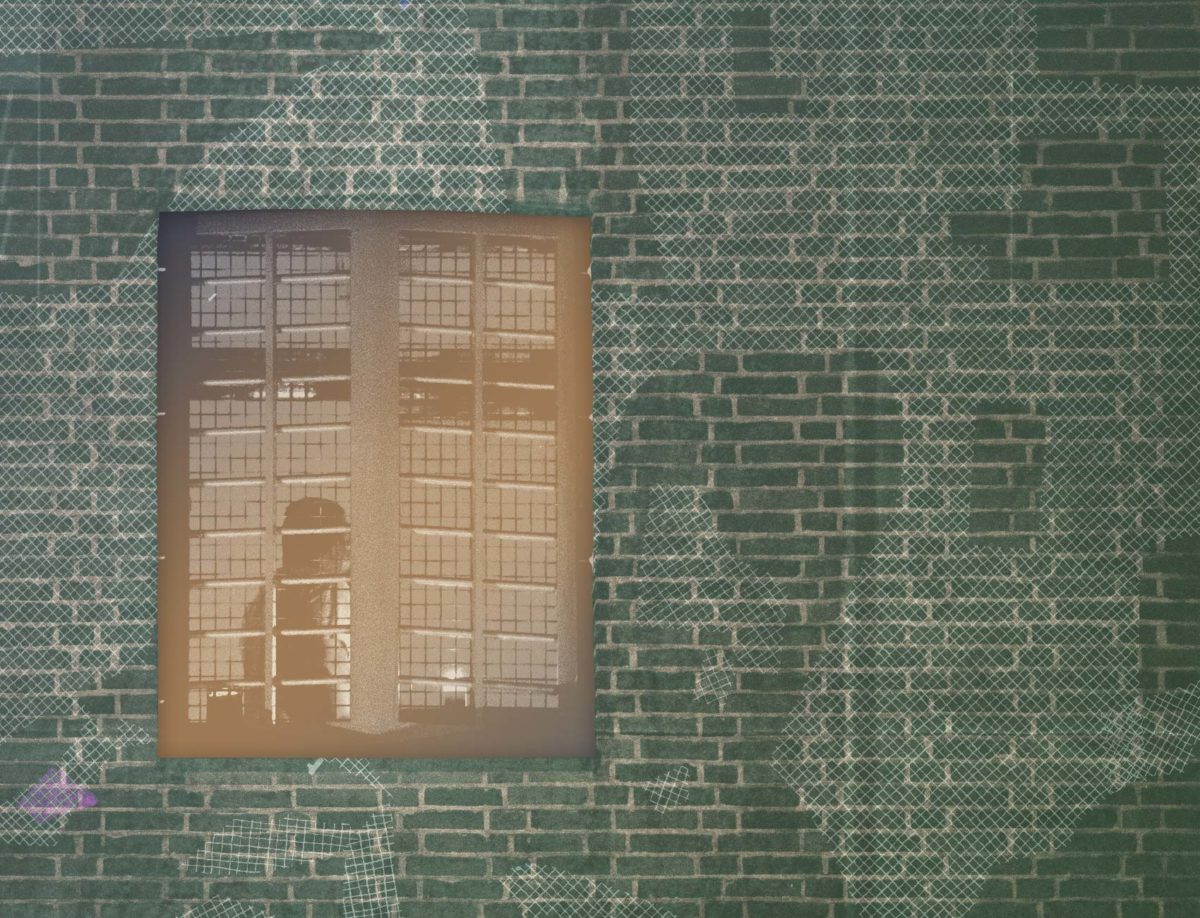
The 2015 shooting left Keith Davis Jr. with respiratory issues. His defense attorney says that as he appeals his case he should be freed from prison.
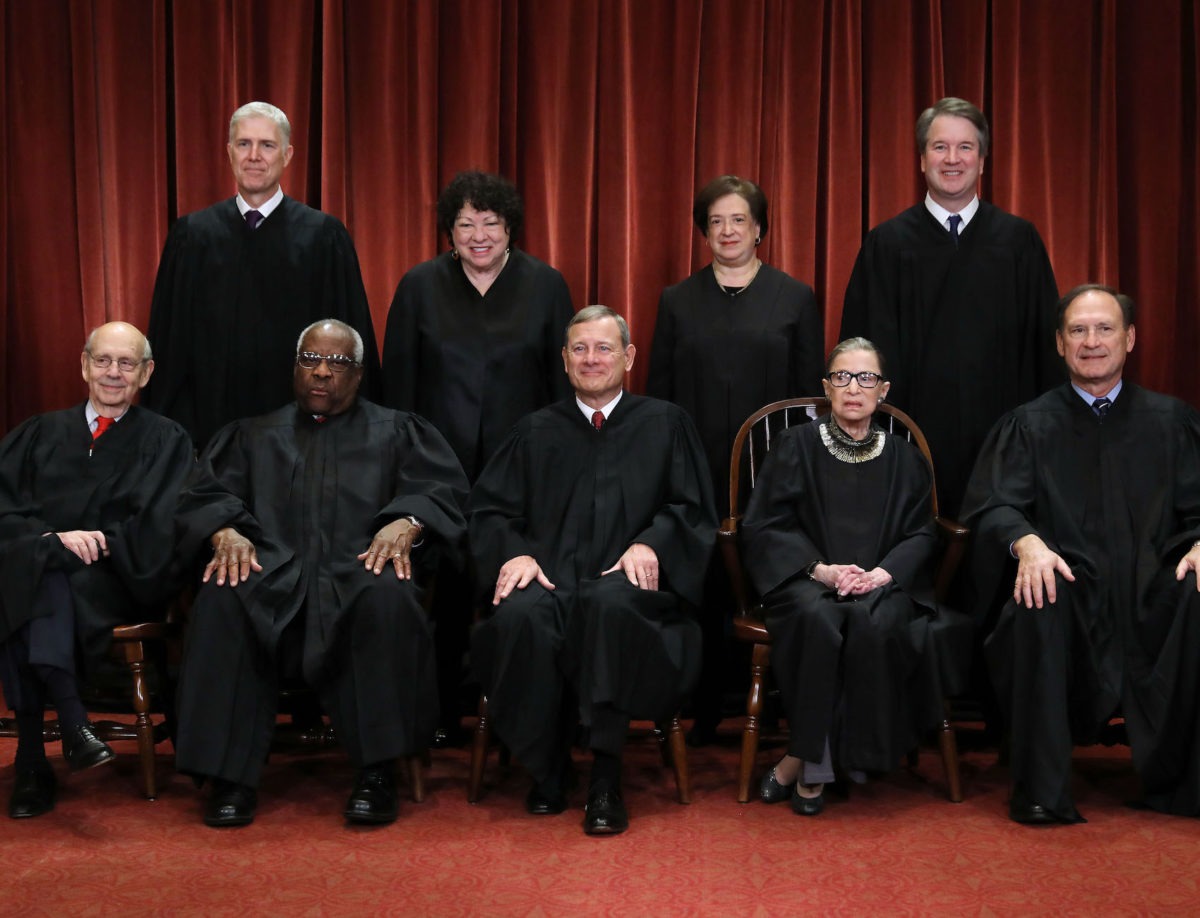
Using language evoking pernicious stereotypes about immigration and crime, the Court’s conservative majority clears the way for the Trump administration to deport legal permanent residents for crimes committed long ago.
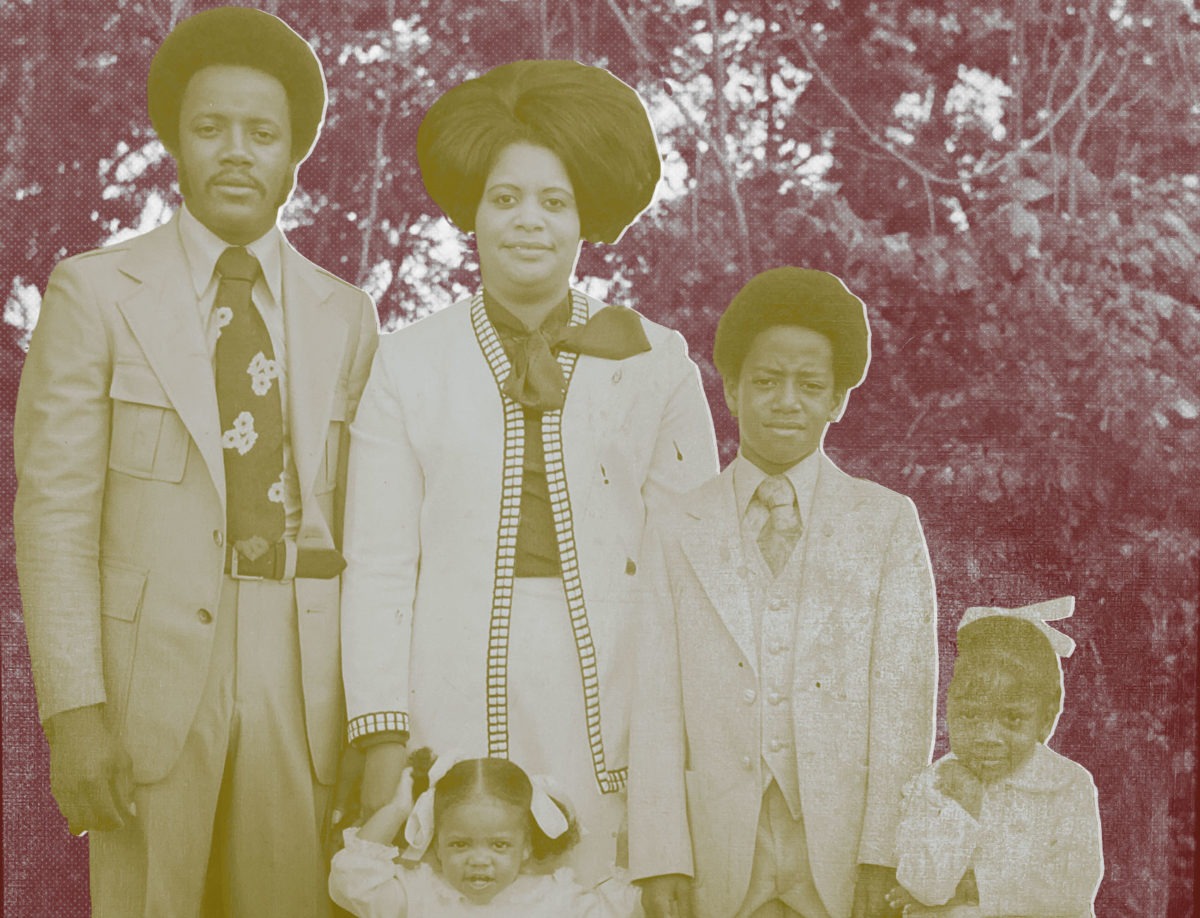
Attorneys say the prosecution’s theory of the murder case was ‘concocted out of whole cloth’ and based on ‘outdated racial stereotyping.’
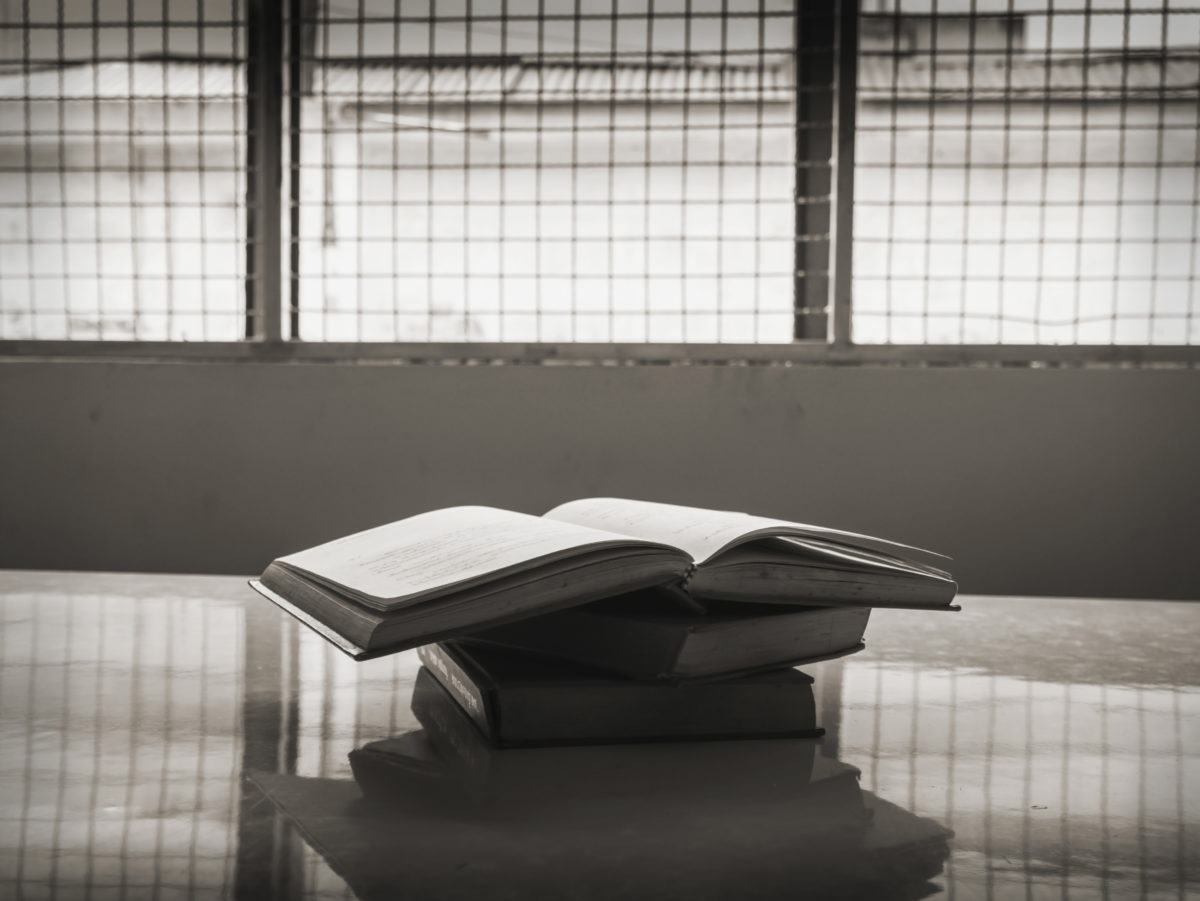
In this episode, Josie Duffy Rice and her producer, Florence Barrau-Adams, travel to Fishkill Correctional Facility in Beacon, New York, to interview Rodney Spivey-Jones and Max Kenner about the Bard Prison Initiative and Bard College.
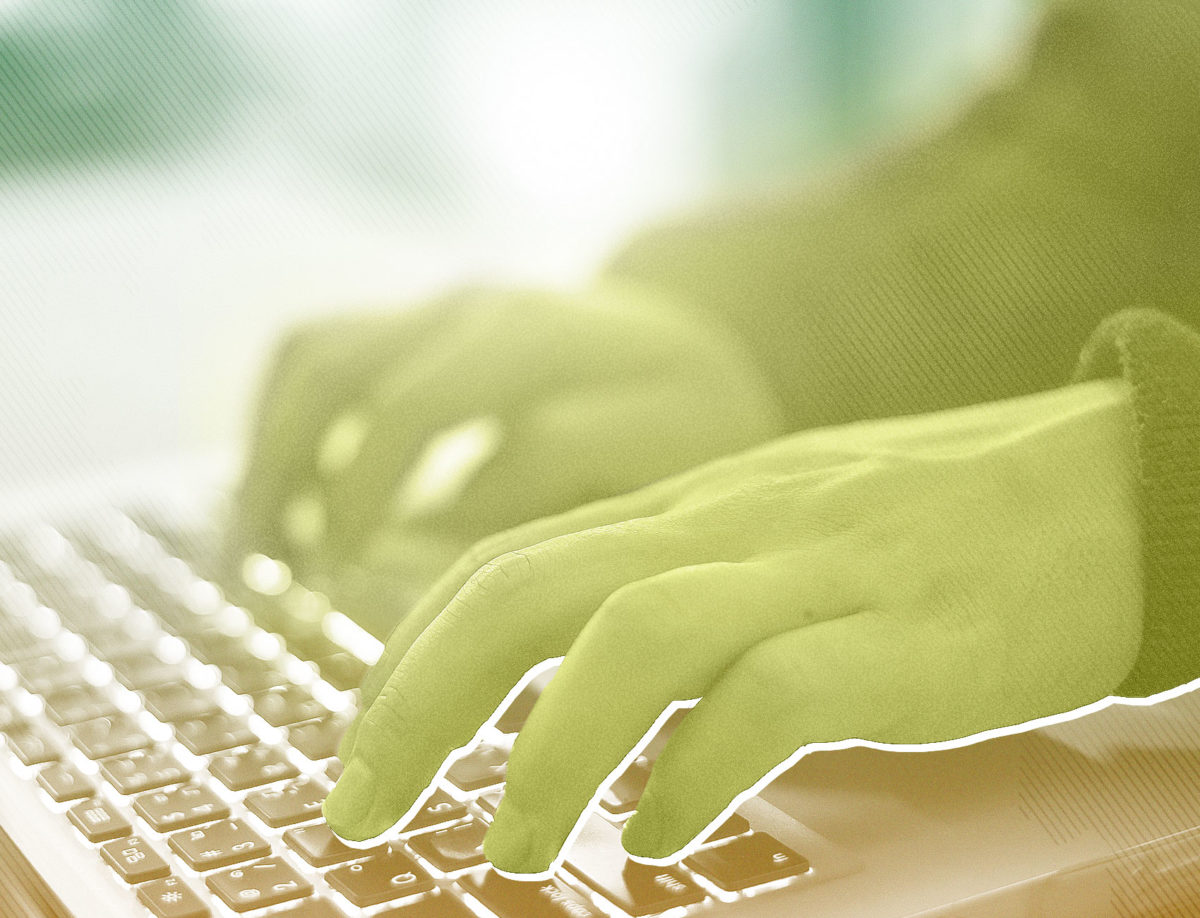
Prisons, one graduate writes, should be institutions of learning, not ‘wastelands’ that willfully overlook human potential.
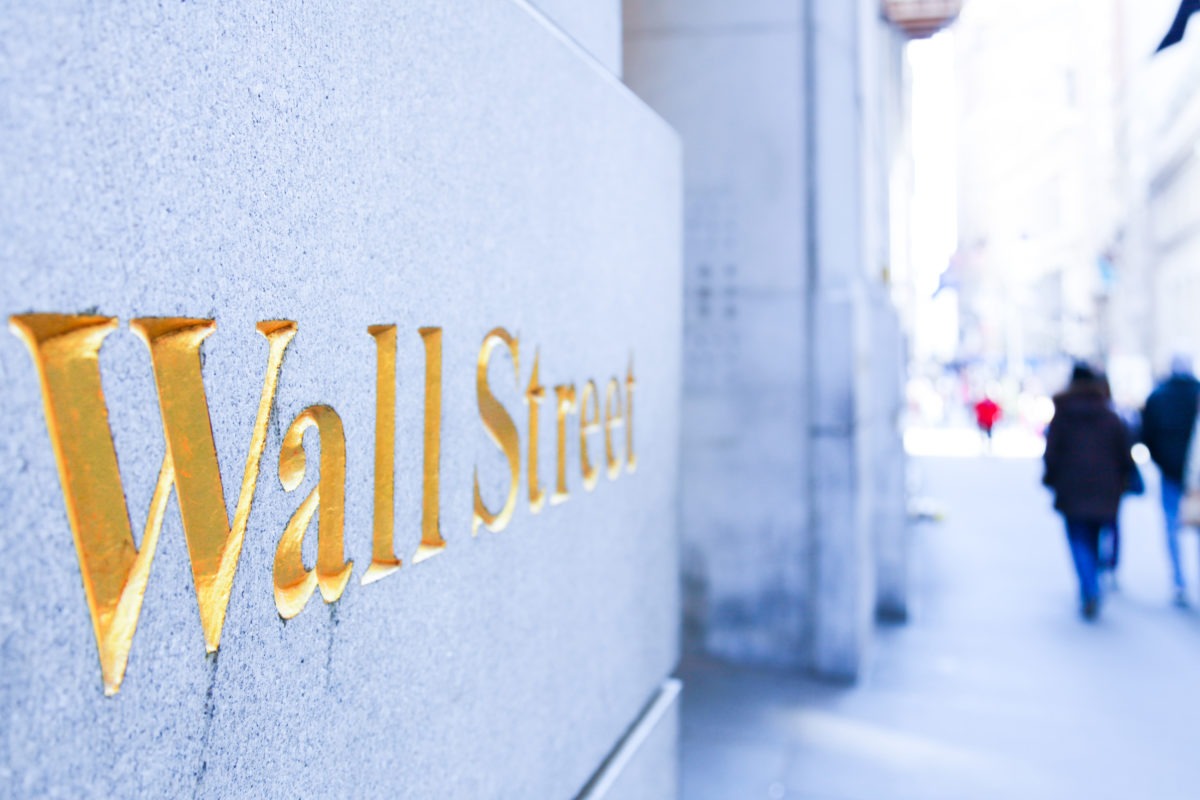
Americans overwhelmingly support imposing a merger moratorium on large corporations and private equity firms.
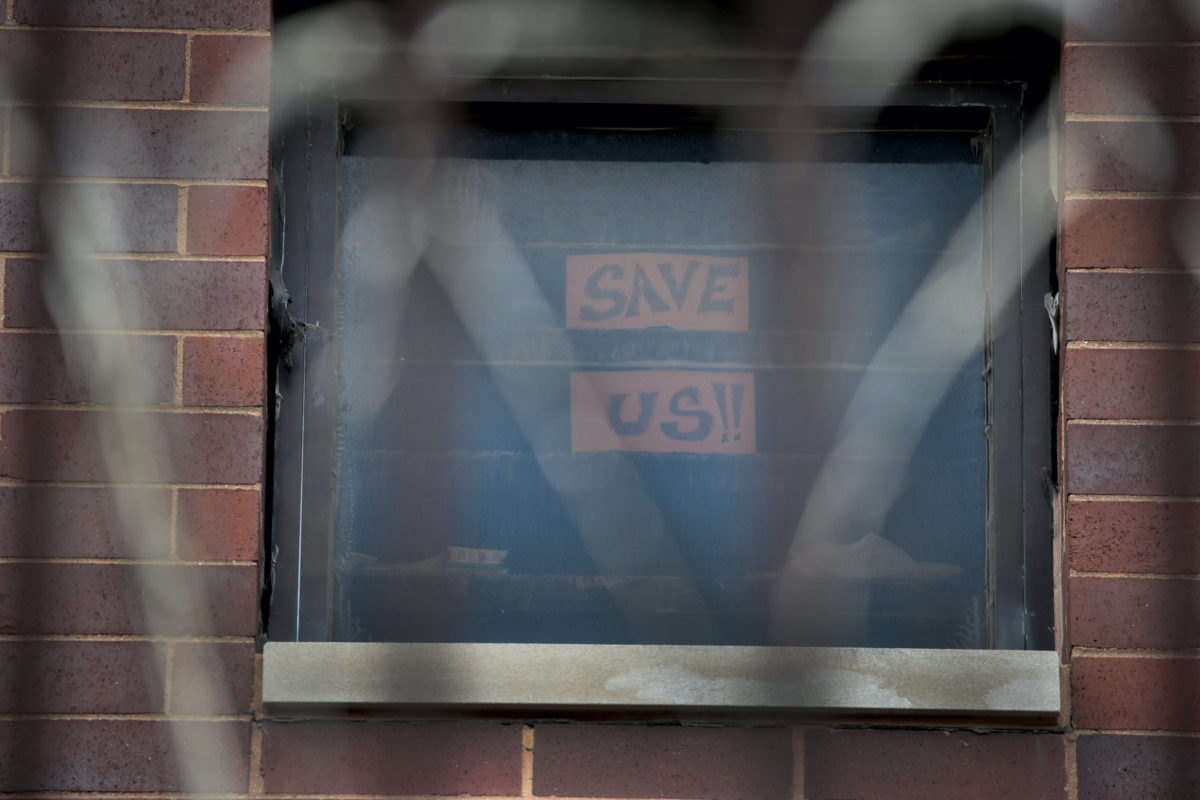
Prisoners say the jail, which has seen more than 800 confirmed cases, is a ‘death trap’ plagued by sanitary issues and a lack of testing. Their testimonies stand at stark odds with the sheriff’s office, which says it is keeping ‘staff and detainees as safe as possible.’
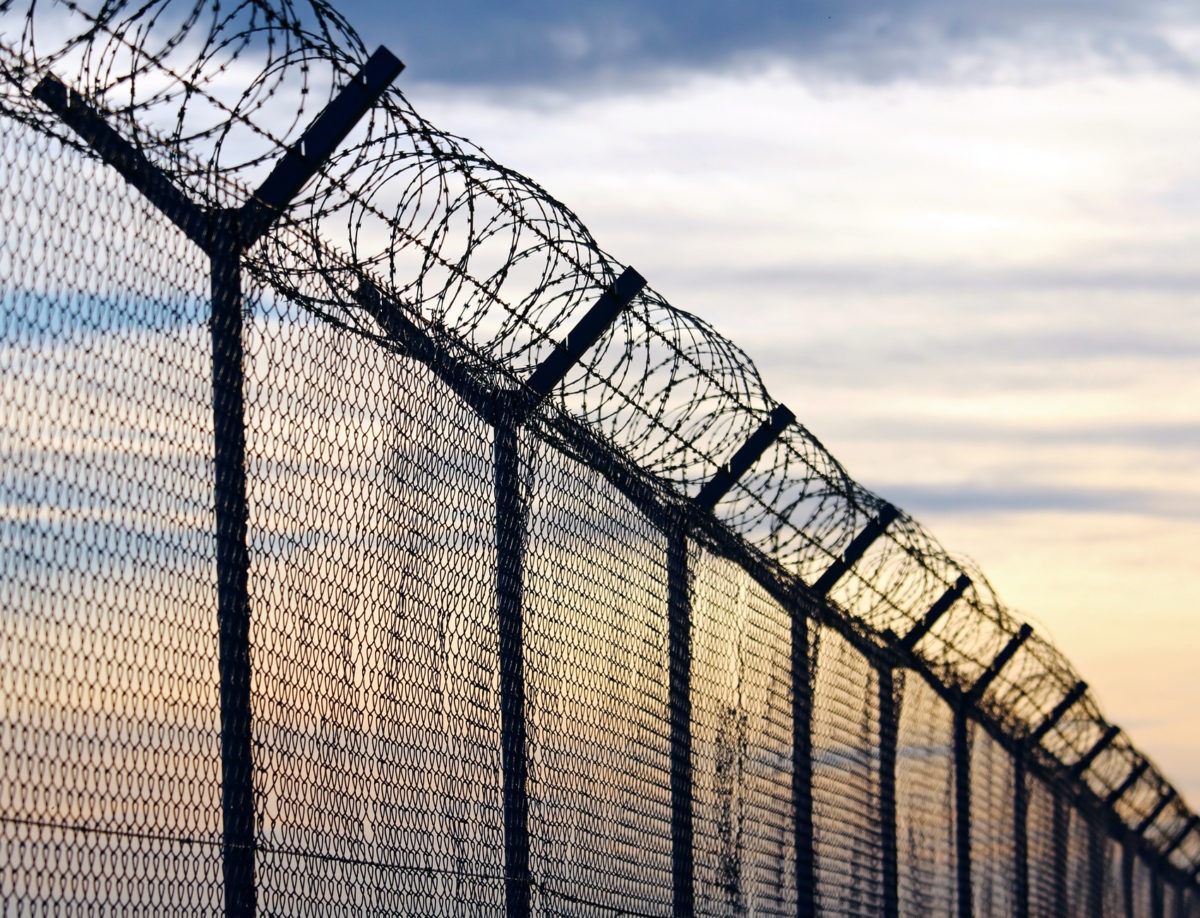
Faced with inaction on the part of state and corrections officials, incarcerated people in jails, prisons, and detention centers are protesting their treatment during the COVID-19 outbreak.
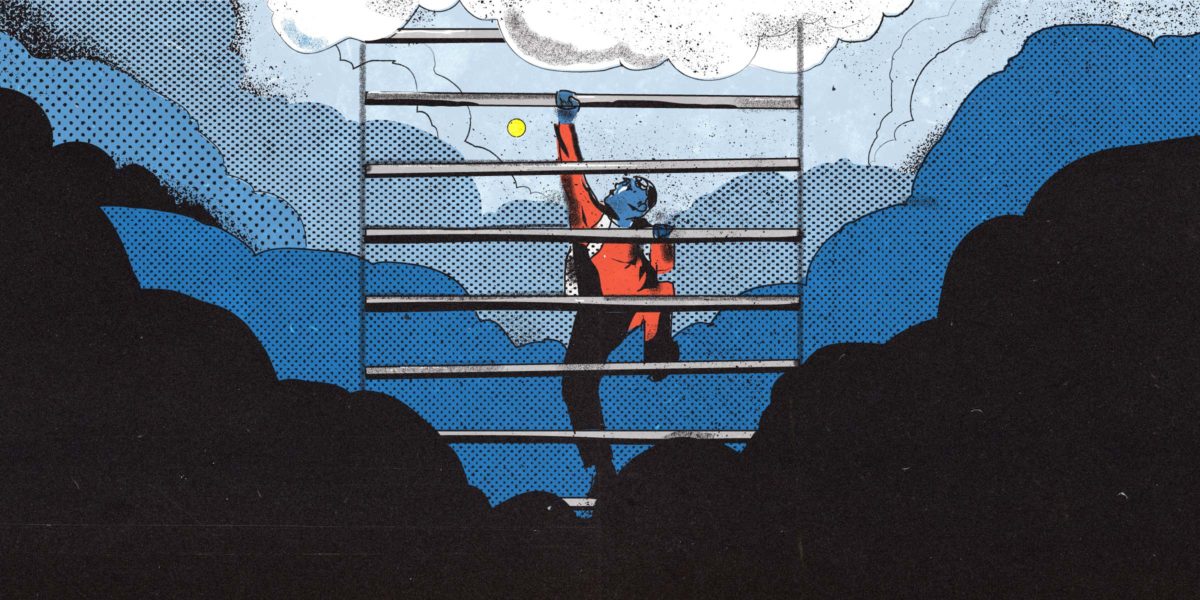
Cayce French, who is serving life in prison at the Oregon State Correctional Institution, describes how getting clean and participating in rehabilitation programs has transformed his identity.
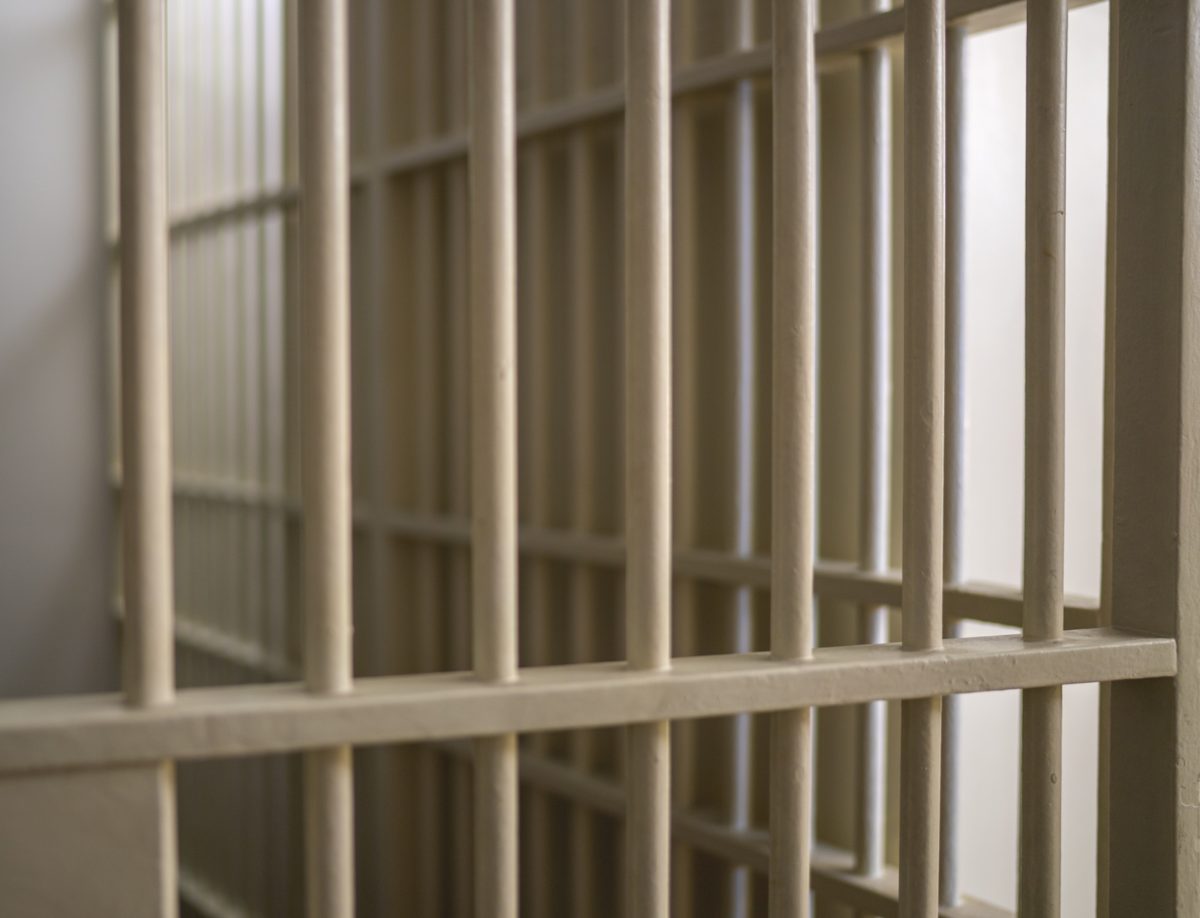
A woman detained by ICE was sick with COVID-19 for days before being removed from a 50-person jail dorm in York County, Pennsylvania, according to women housed with her.
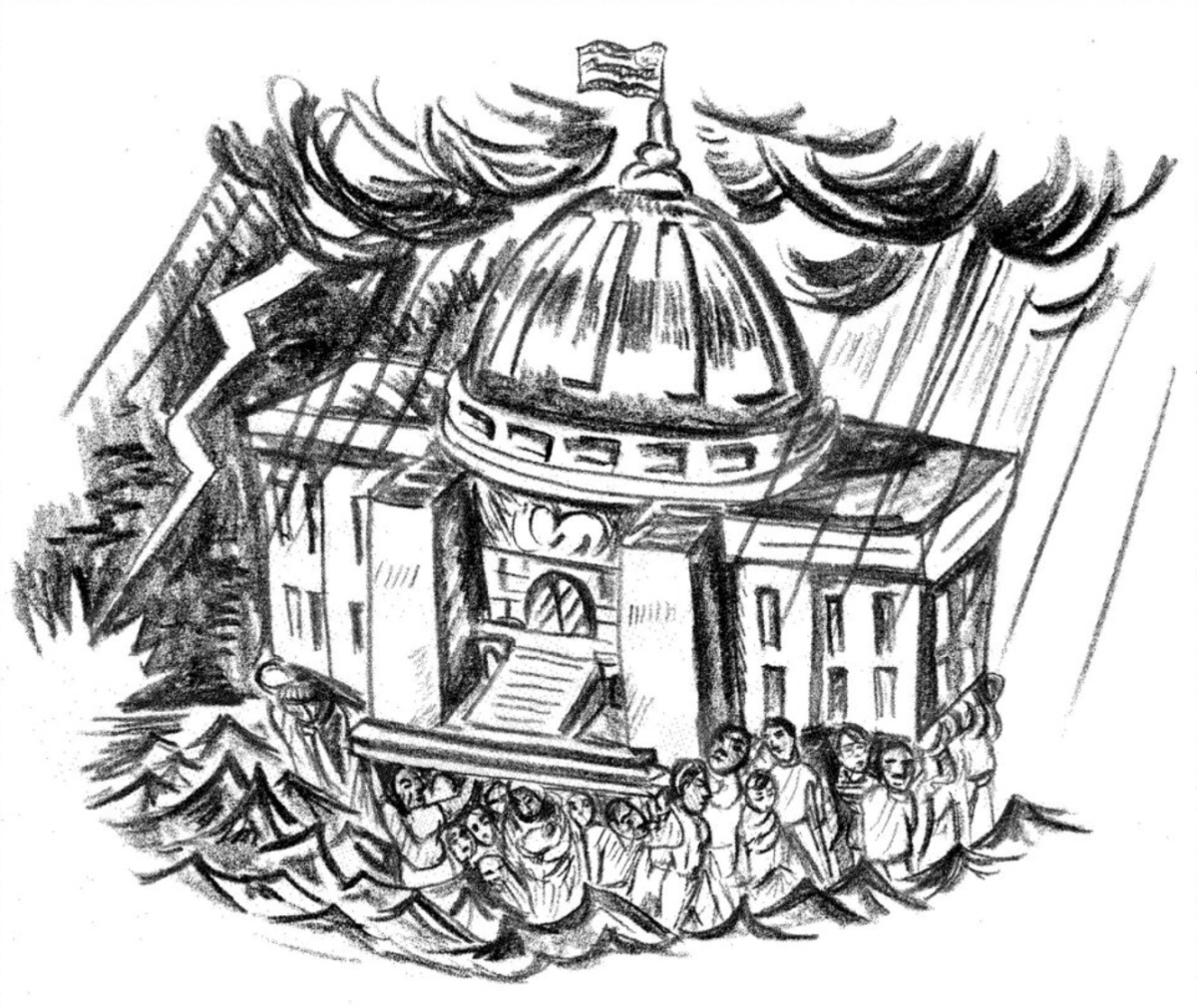
There are certain universal human needs that any governing structure — from local to federal — is responsible for. Among these are housing, healthcare, education, public parks, clean water, and clean air — the things that make life beautiful. These needs touch every single living being and as such, are non-negotiable. They do not belong on the open market.
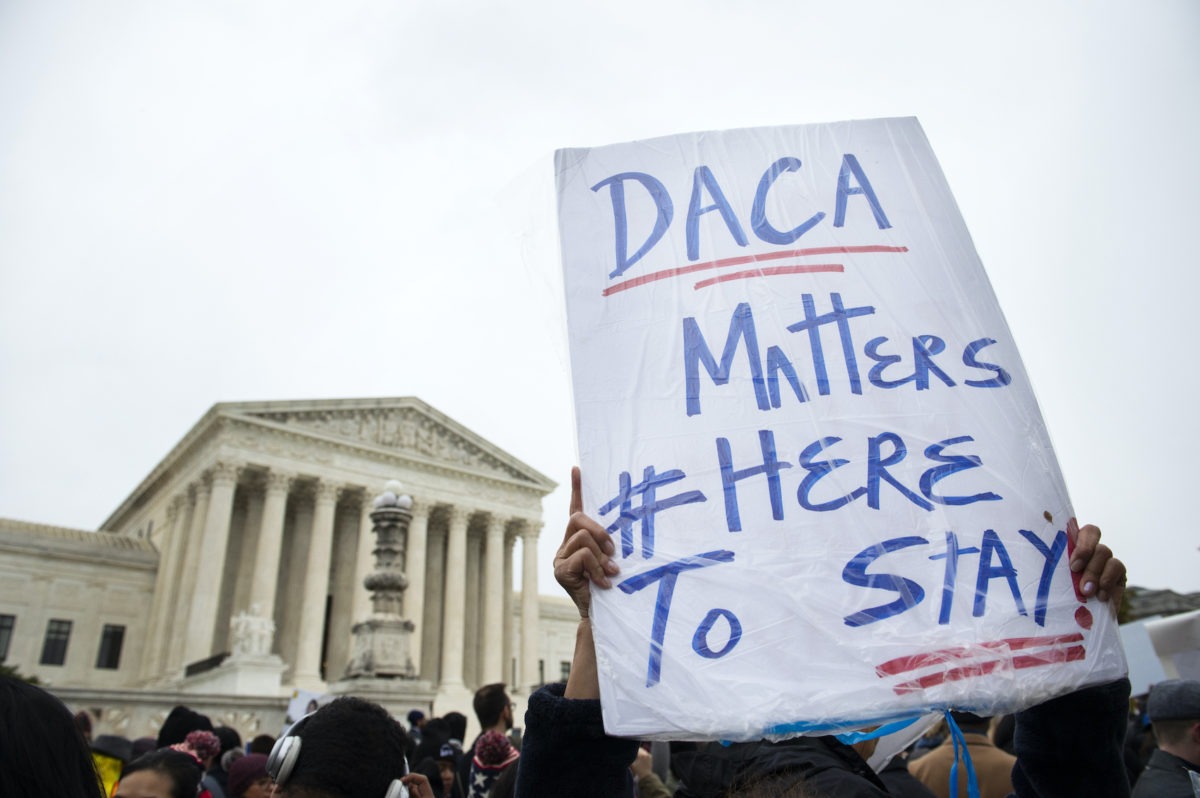
The Supreme Court will soon decide the fate of 650,000 so-called Dreamers across the country. Lawyers say terminating protections for them during a pandemic would be ‘catastrophic.’
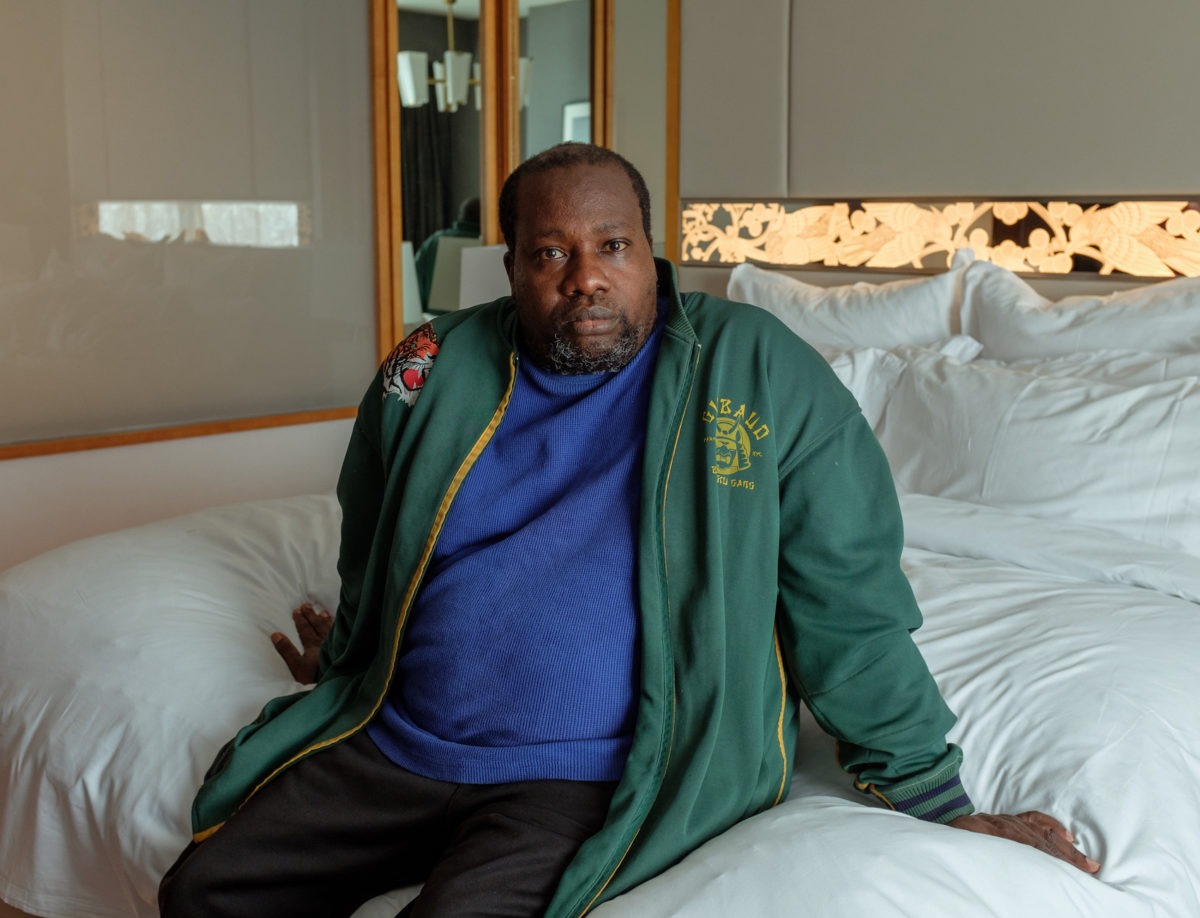
Elected officials need to stop making excuses for not getting unhoused people into hotel rooms.
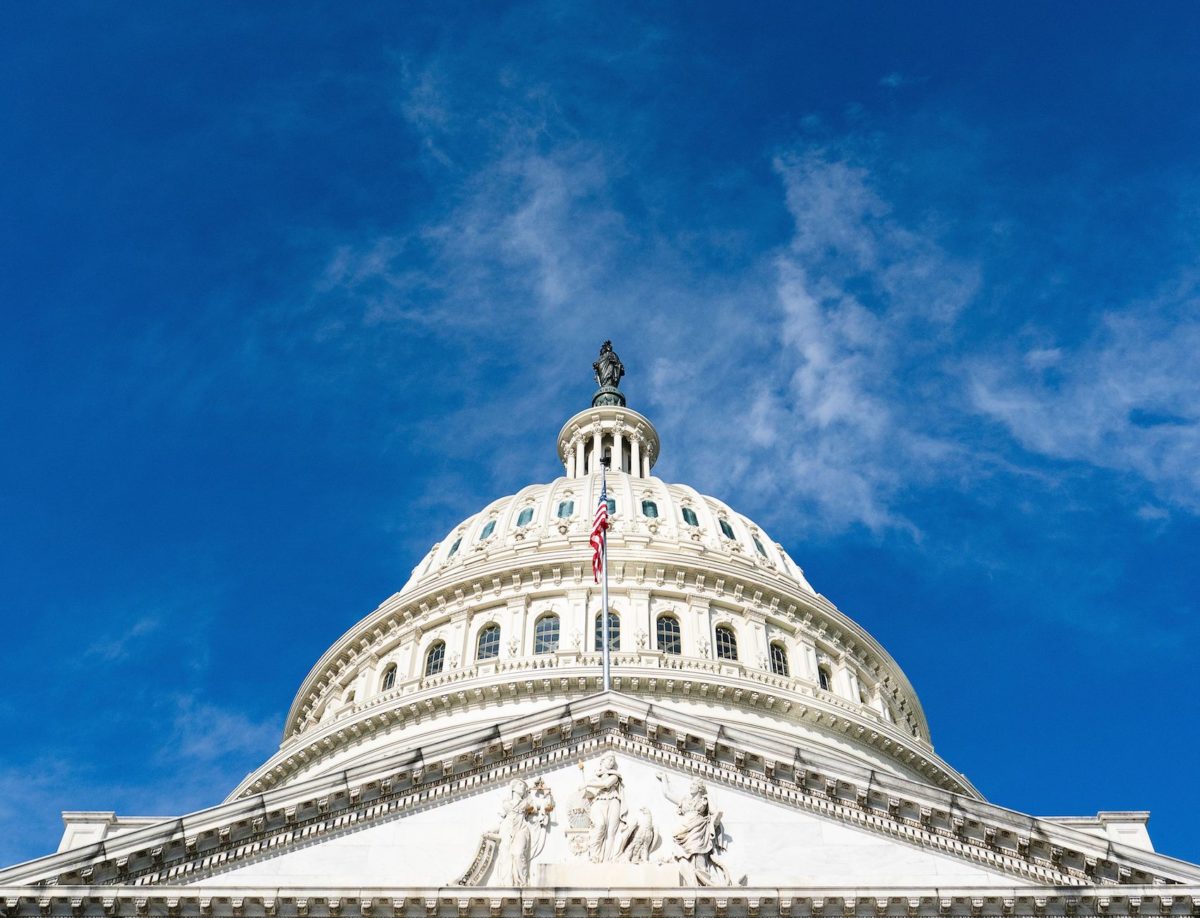
Intentionally disqualifying millions of American citizens from much-needed stimulus funds during this unprecedented health crisis is both unnecessary and cruel.
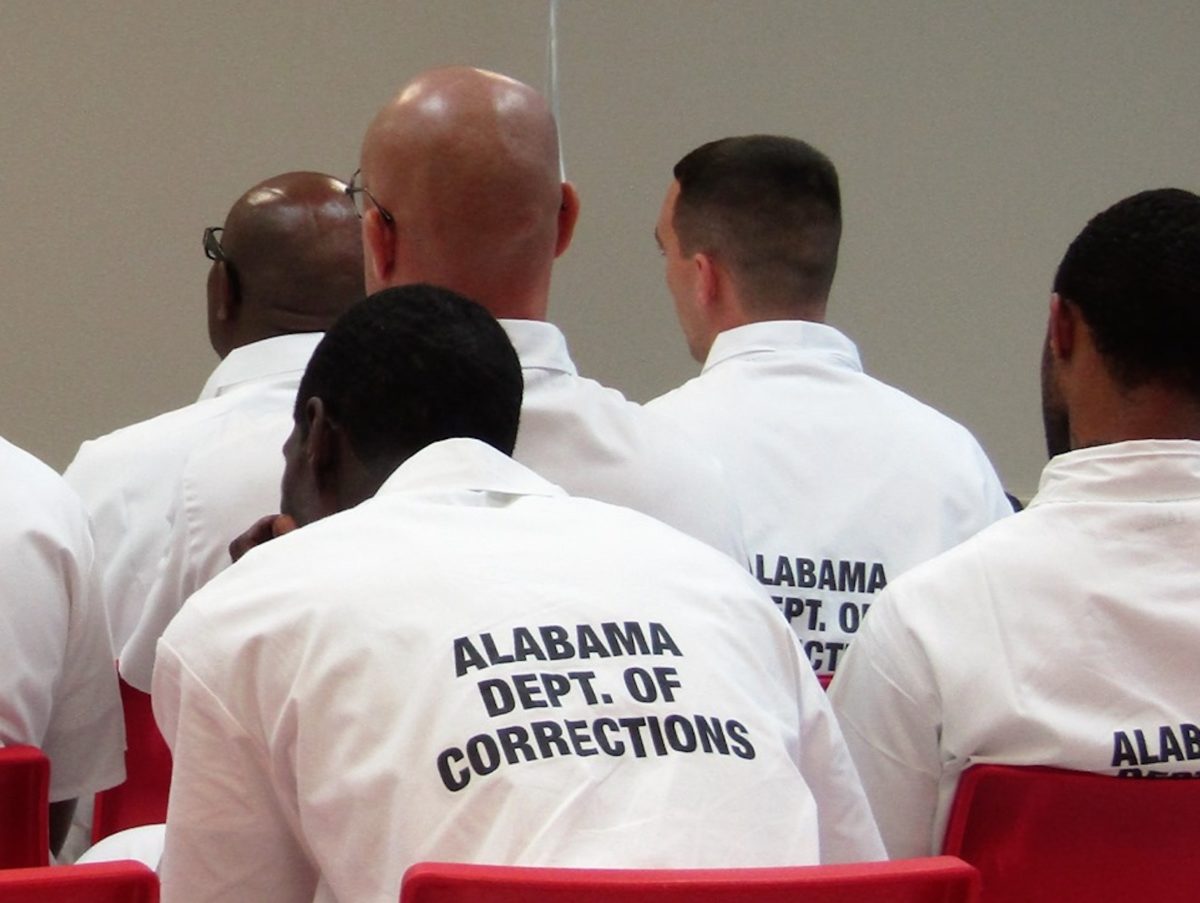
Medical ethics experts have criticized the state’s prison officials and say masks to protect against COVID-19 should be distributed ‘with no strings attached.’
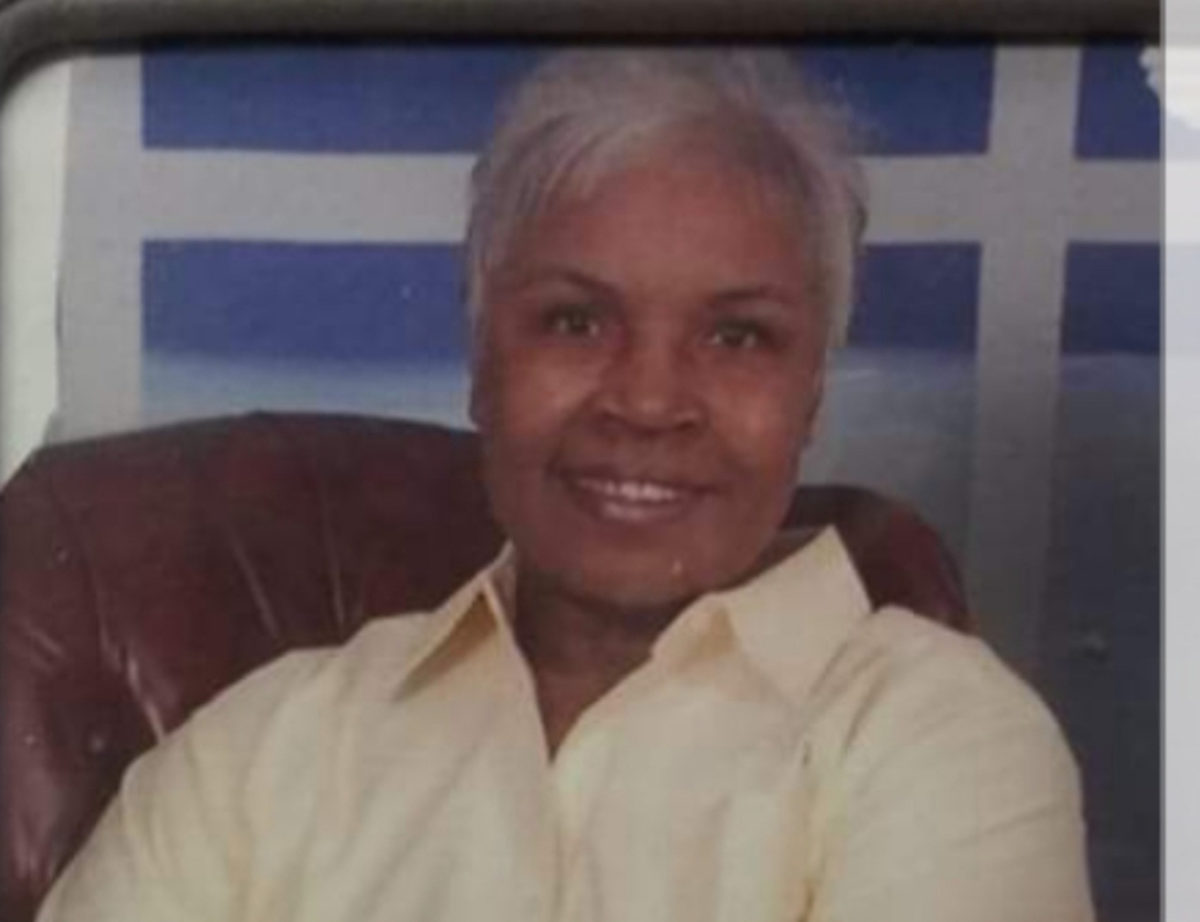
Governor John Bel Edwards has yet to commute Gloria Williams’s sentence despite a parole board’s unanimous recommendation that she be freed. Now she is in critical condition at a Baton Rouge hospital.
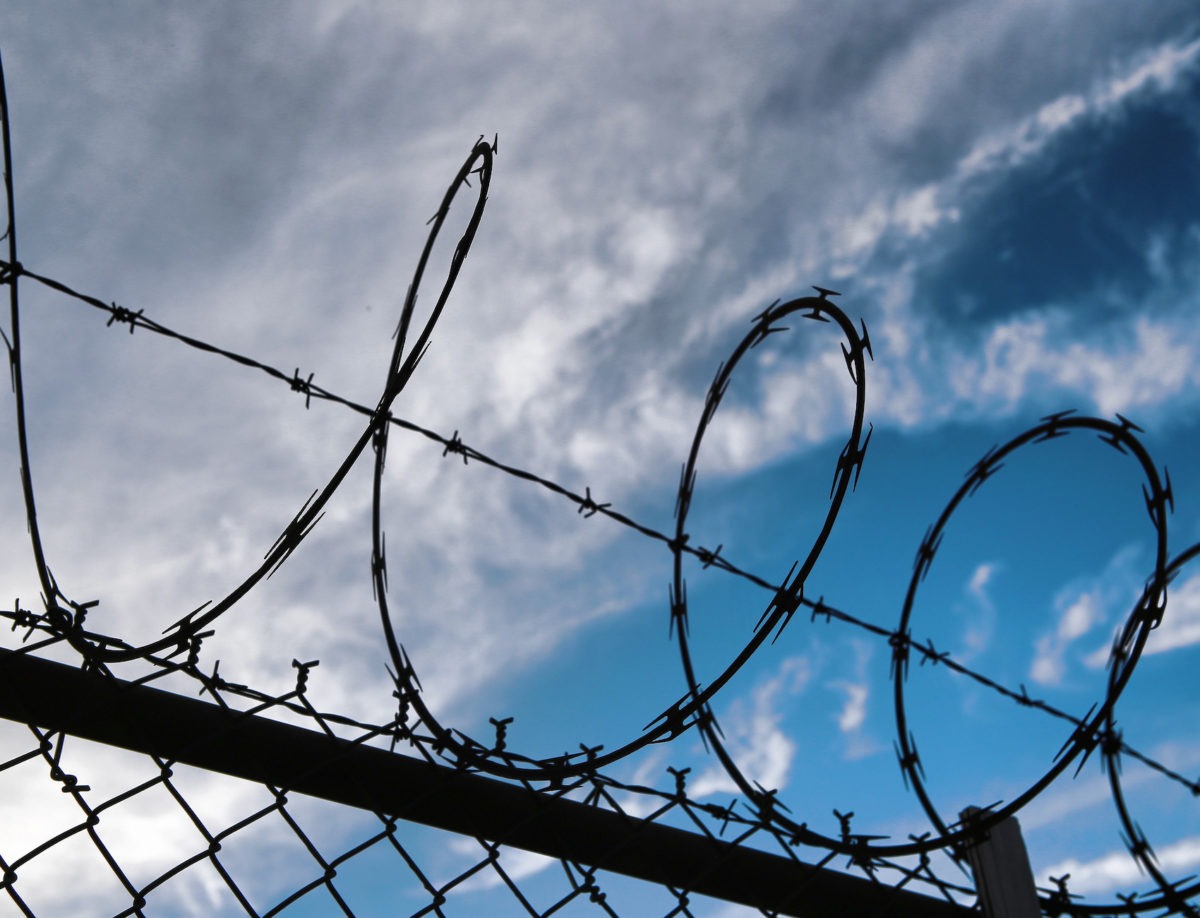
One prisoner says a man collapsed while waiting for a temperature check and was sprayed down with disinfectant as he lay on the floor. BOP denied it.
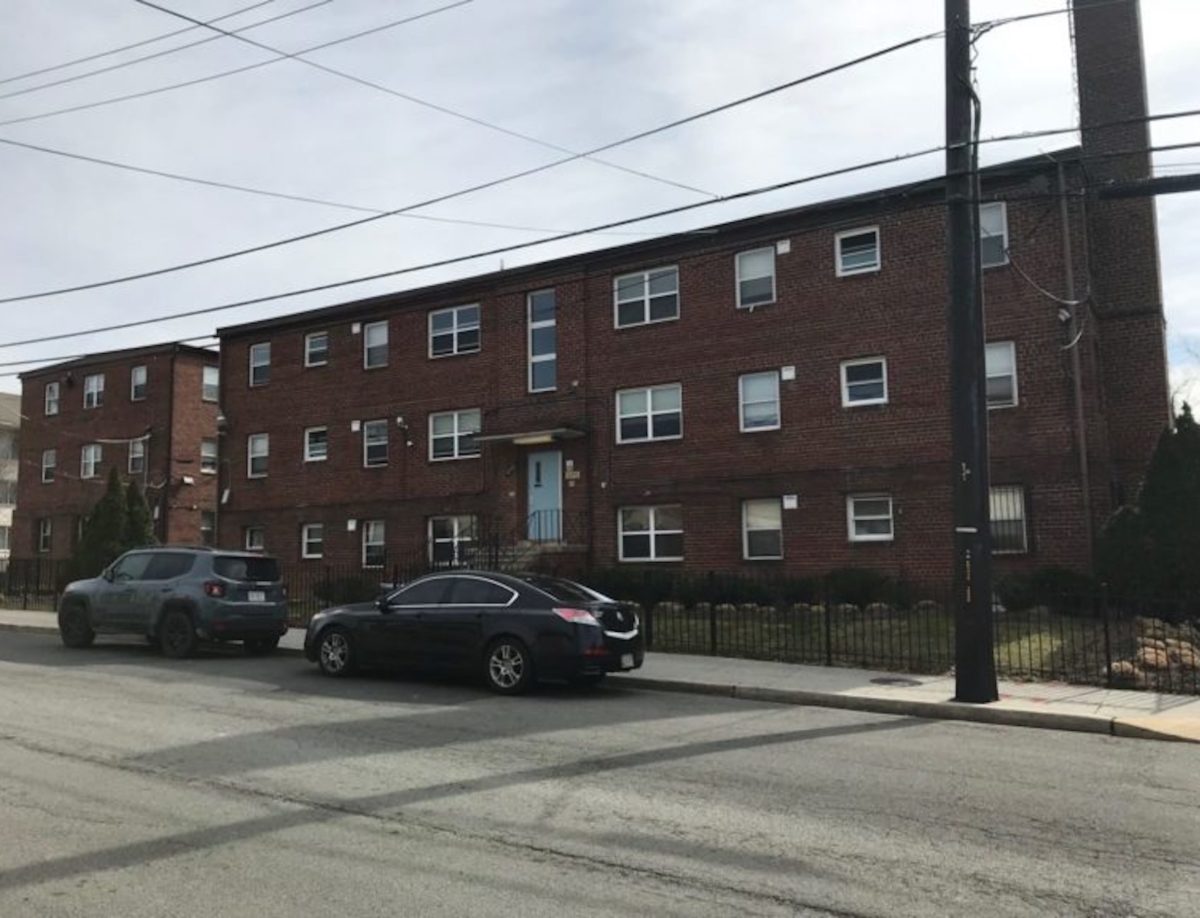
The Bureau of Prisons could send those without homes to alternative halfway houses far from D.C. or back to prison at the end of the month.
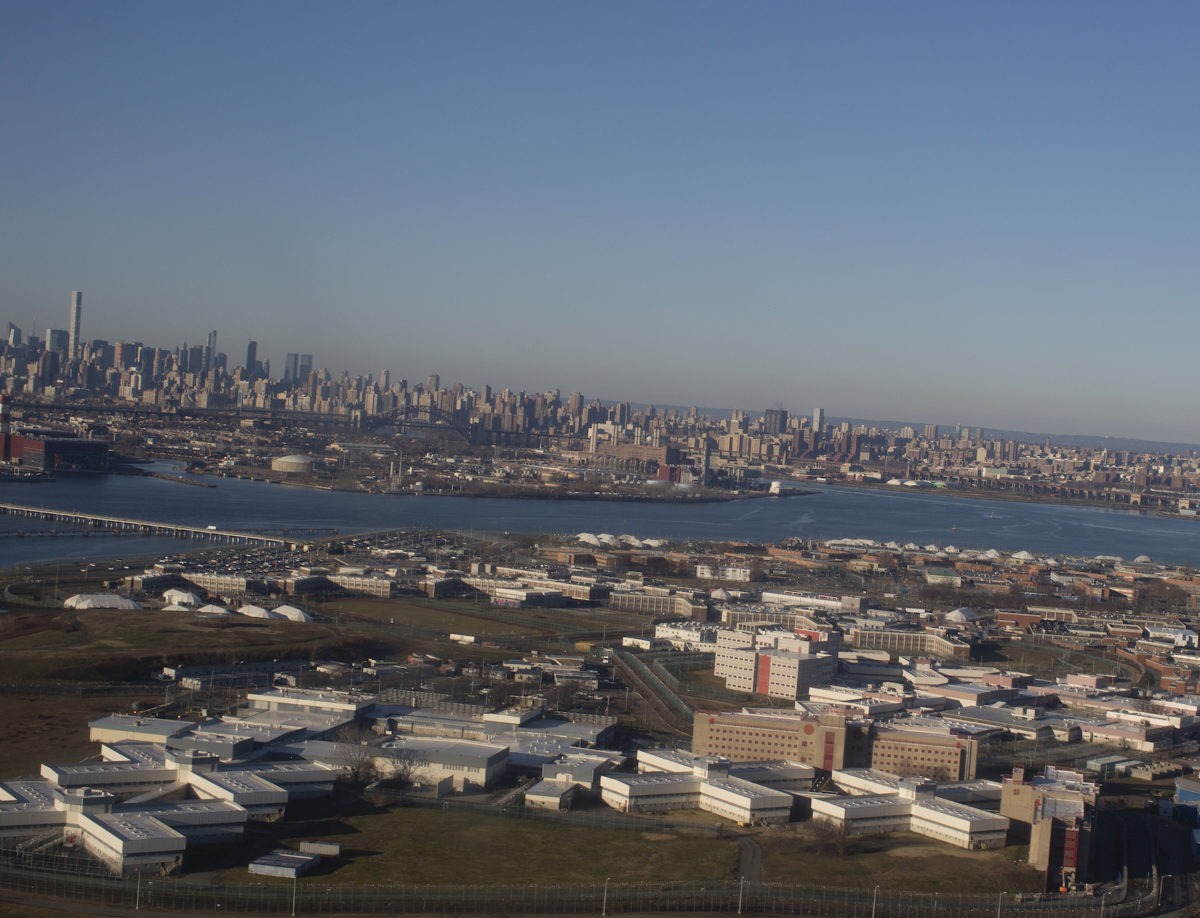
‘I would go to the hospital very often and they wouldn’t do anything for me.’
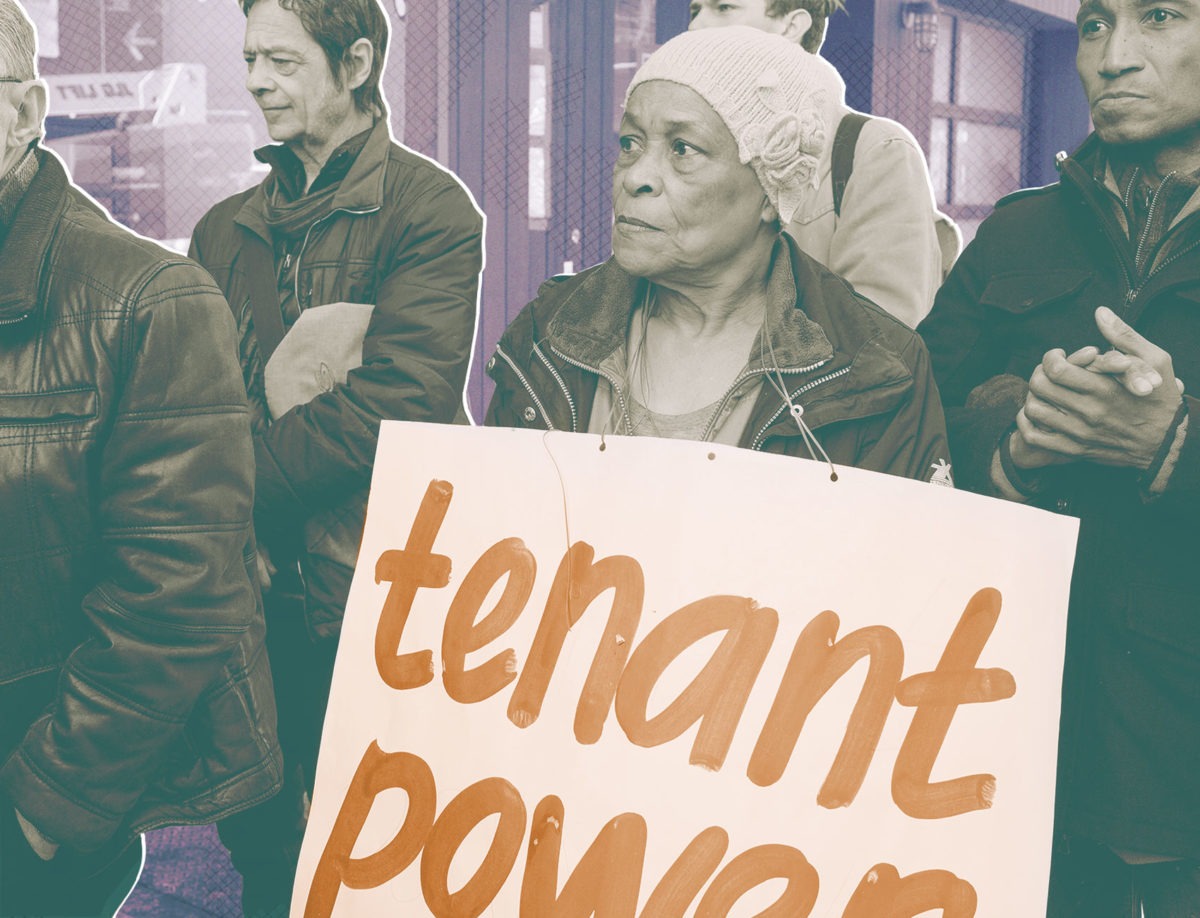
As millions file for unemployment, tenants are banding together to support their neighbors who can’t pay the rent.
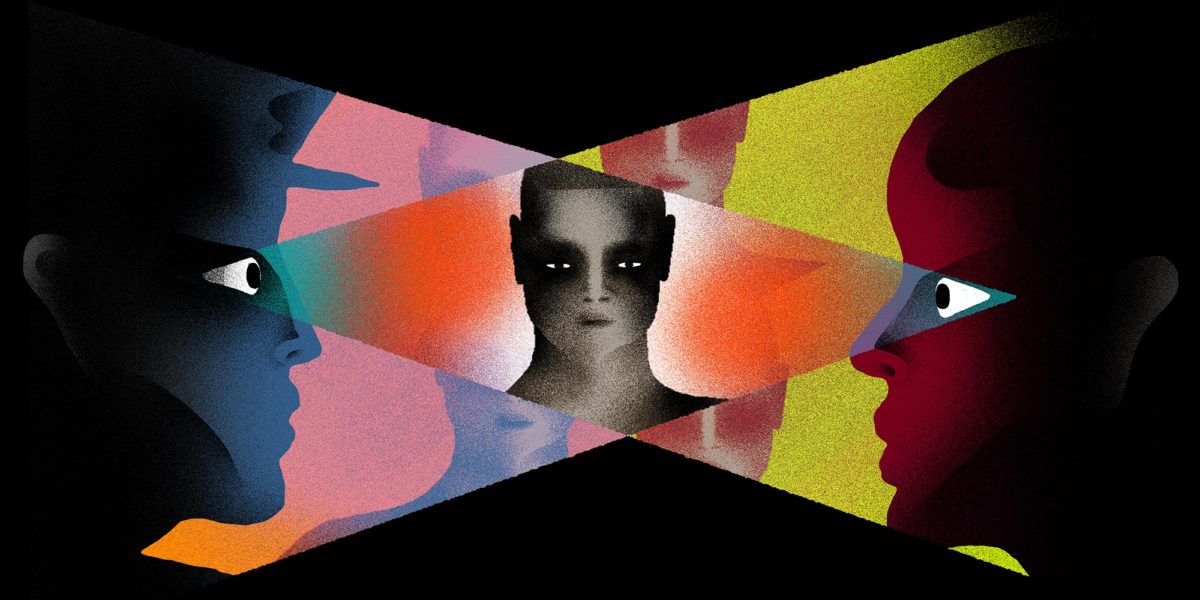
On the anniversary of the Baltimore Uprising protests, new evidence in Gray’s death uncovers suppressed witness accounts of police brutality.
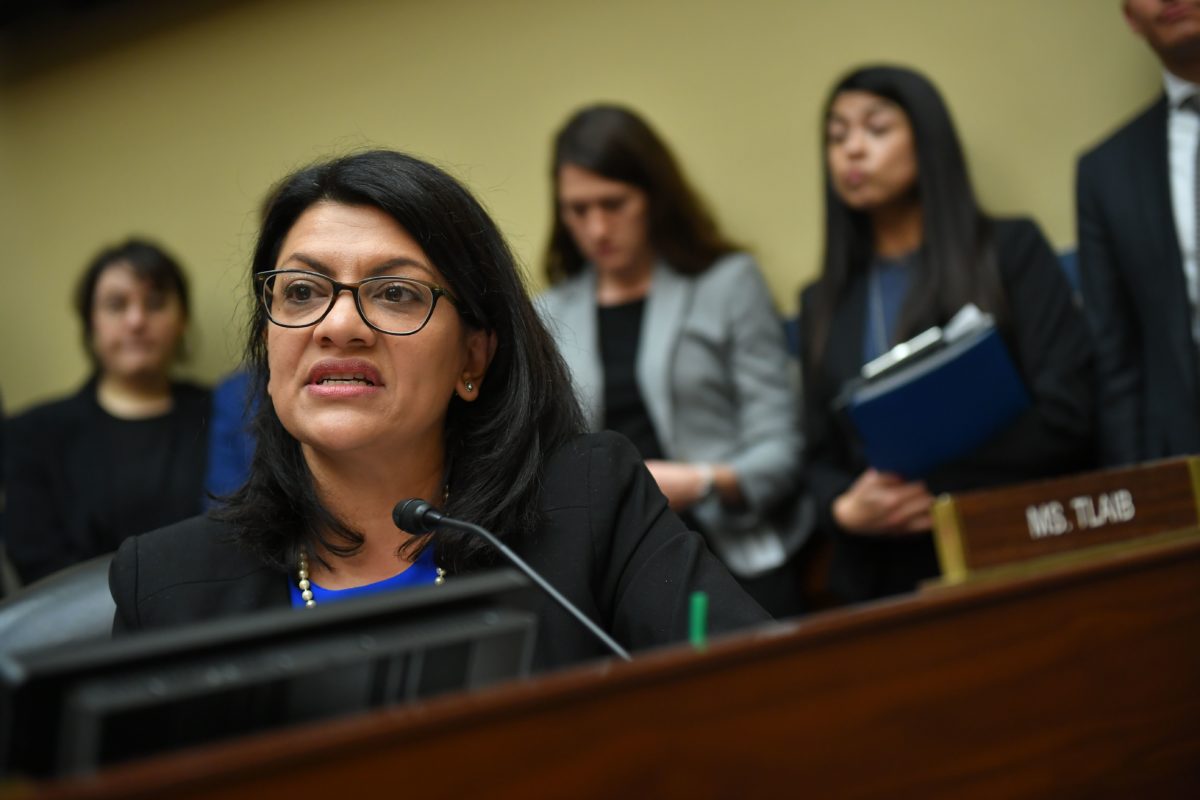
As the coronavirus crisis continues to expand, it is clear that America needs a robust assistance program for the most vulnerable, such as the elderly and physically disabled, to ensure they have what they need to survive. The health, safety, and stability of all communities depend on it.
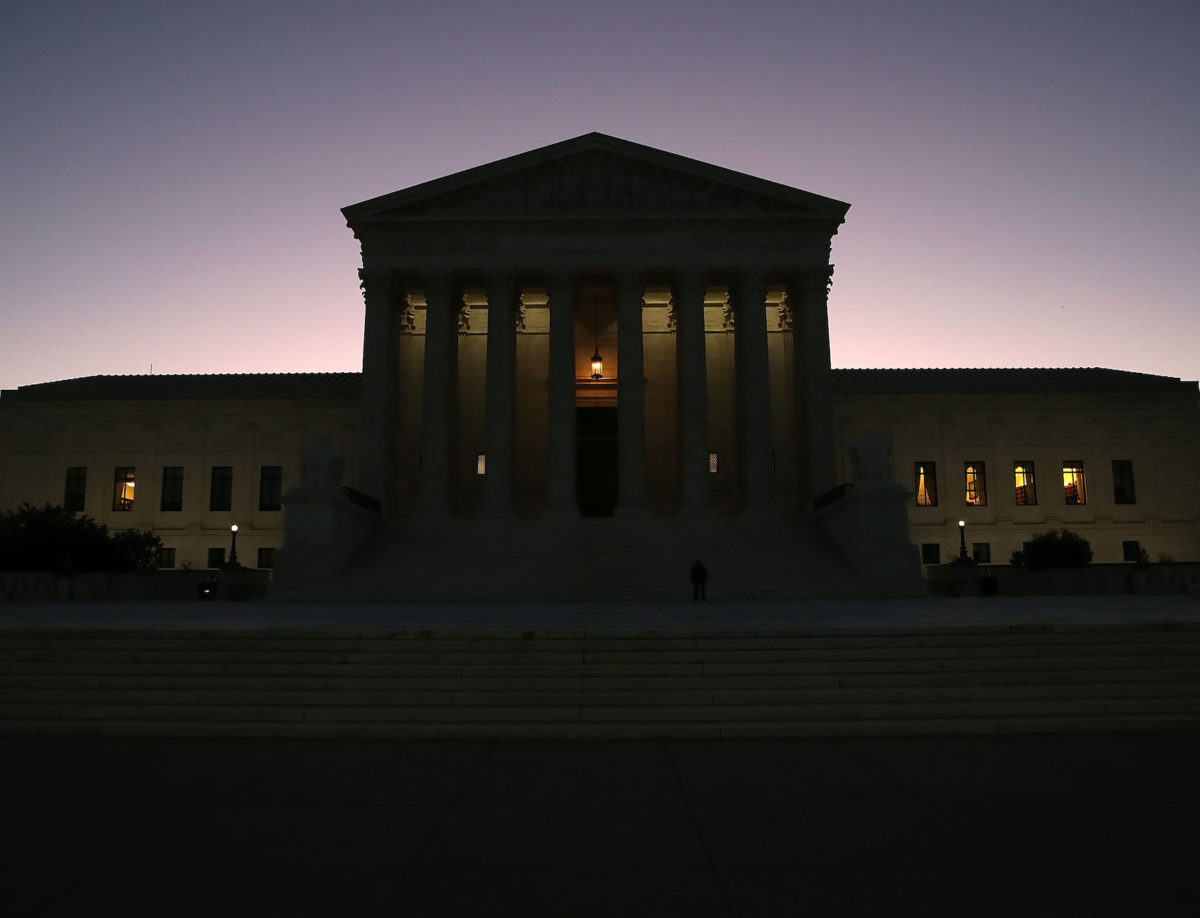
A trio of cases in Wisconsin and Texas illustrates how Republican judges are feigning helplessness in the face of a public health crisis while furthering their own ends.
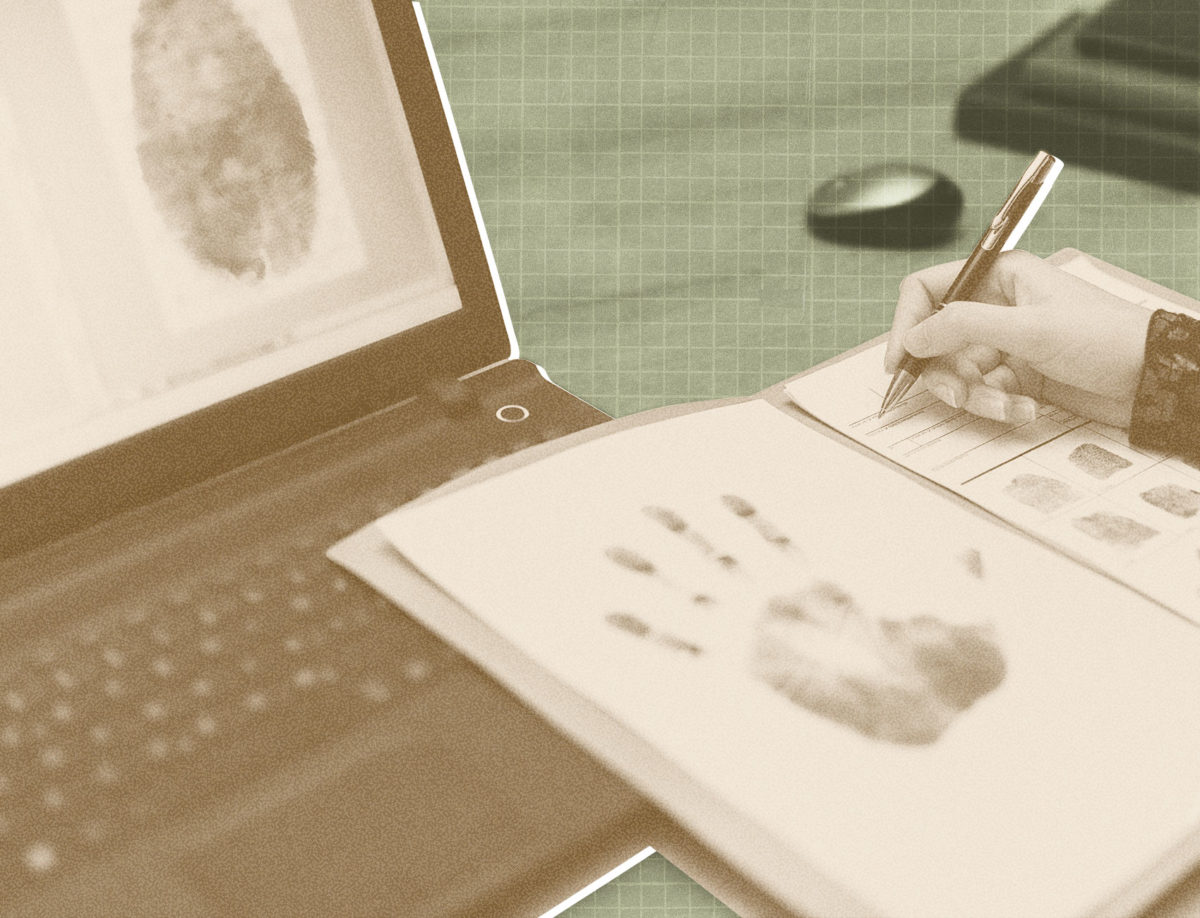
The state’s law enforcement agencies failed to implement a 2018 data-sharing law. Now officials are struggling to identify high-risk people to release from county jails.
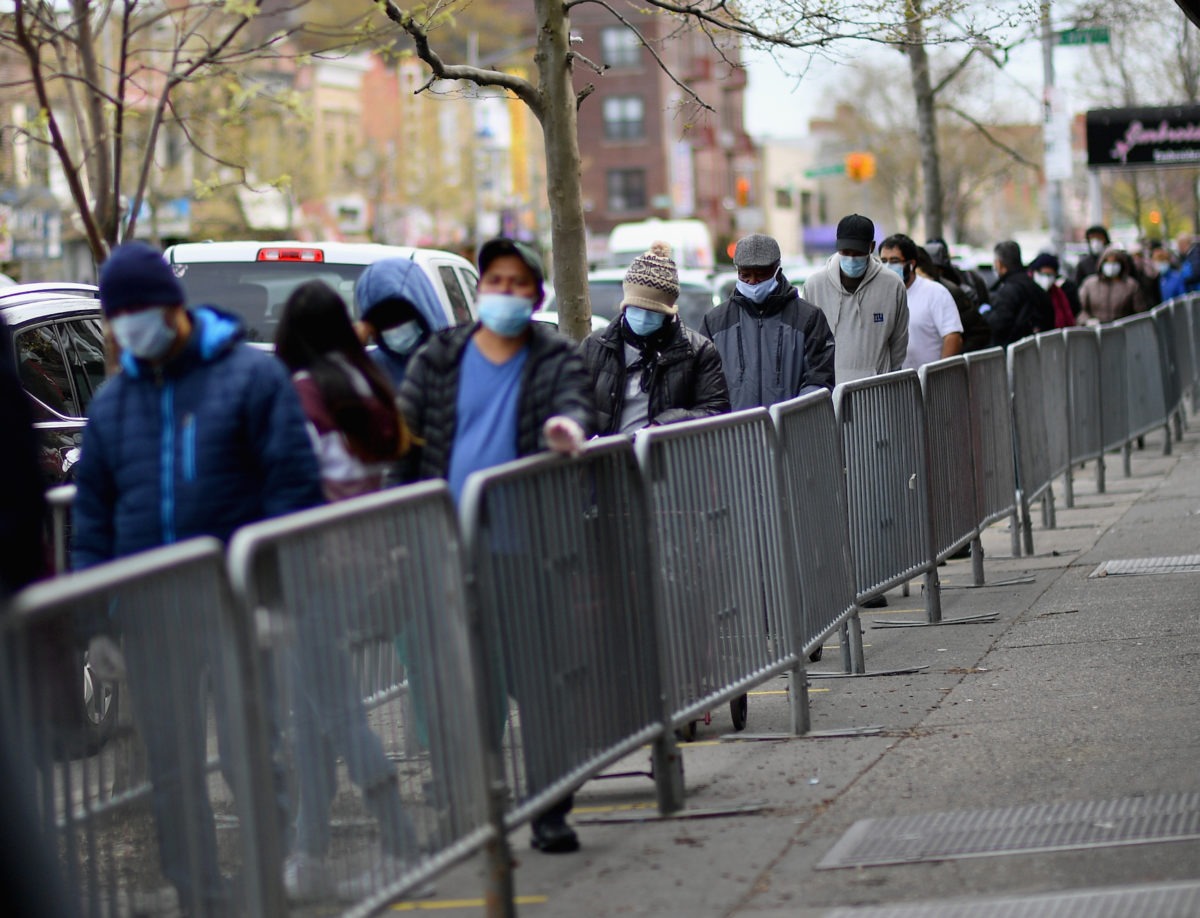
The city has created the structural conditions that have engendered disproportionately high rates of infection and death among its Black and Latinx residents.
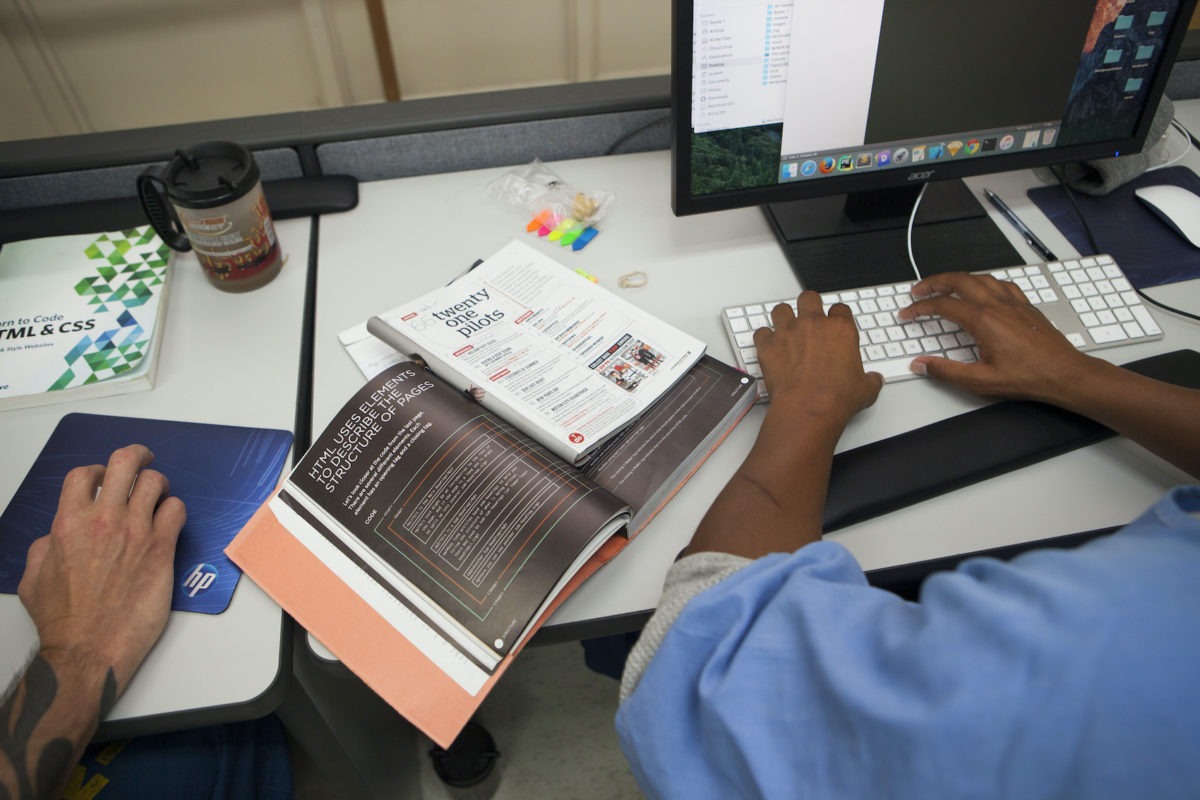
Josie Duffy Rice and co-host Derecka Purnell are joined by Dyjuan Tatro and Wesley Caines to talk about education in prisons.
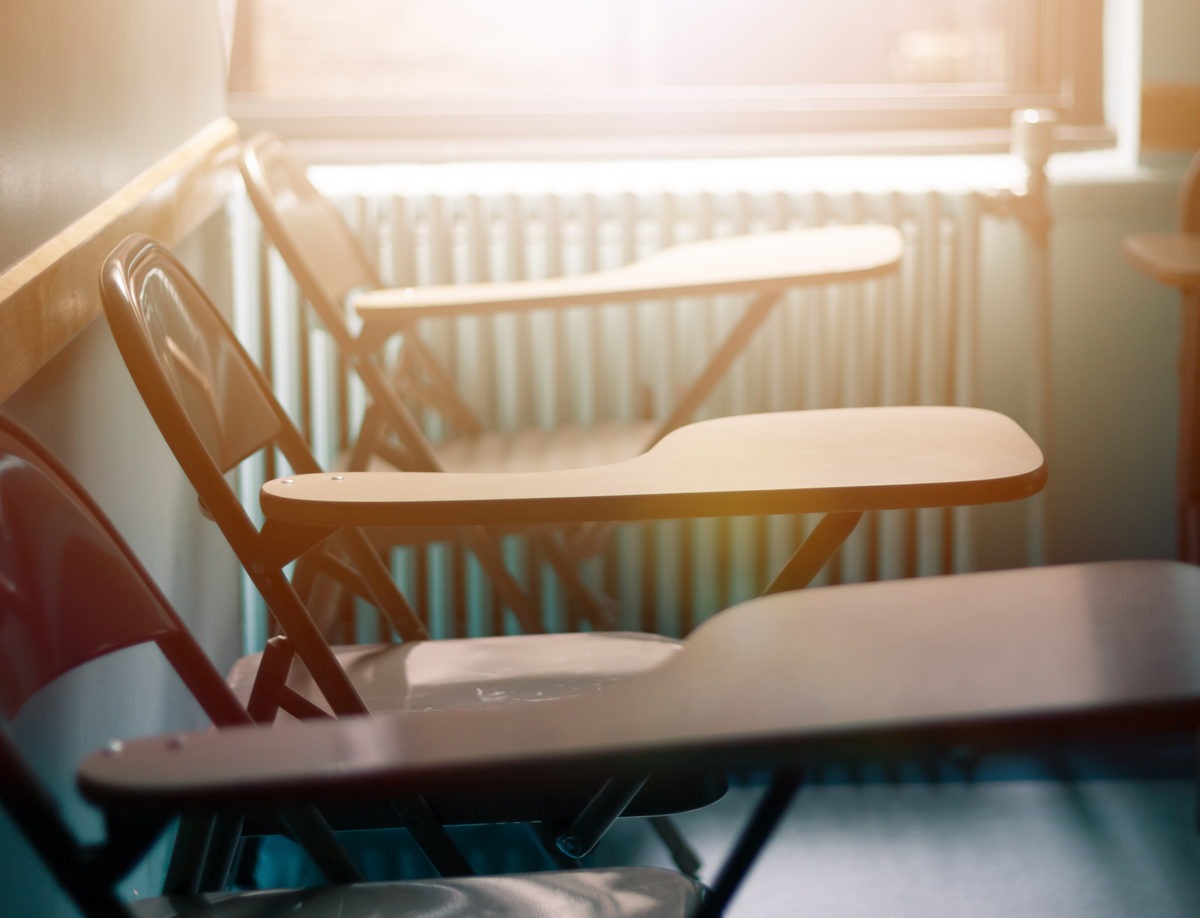
In this bonus episode, Josie Duffy Rice and her co-host Derecka Purnell talk to Lynn Novick and Sarah Botstein, the creators of College Behind Bars.
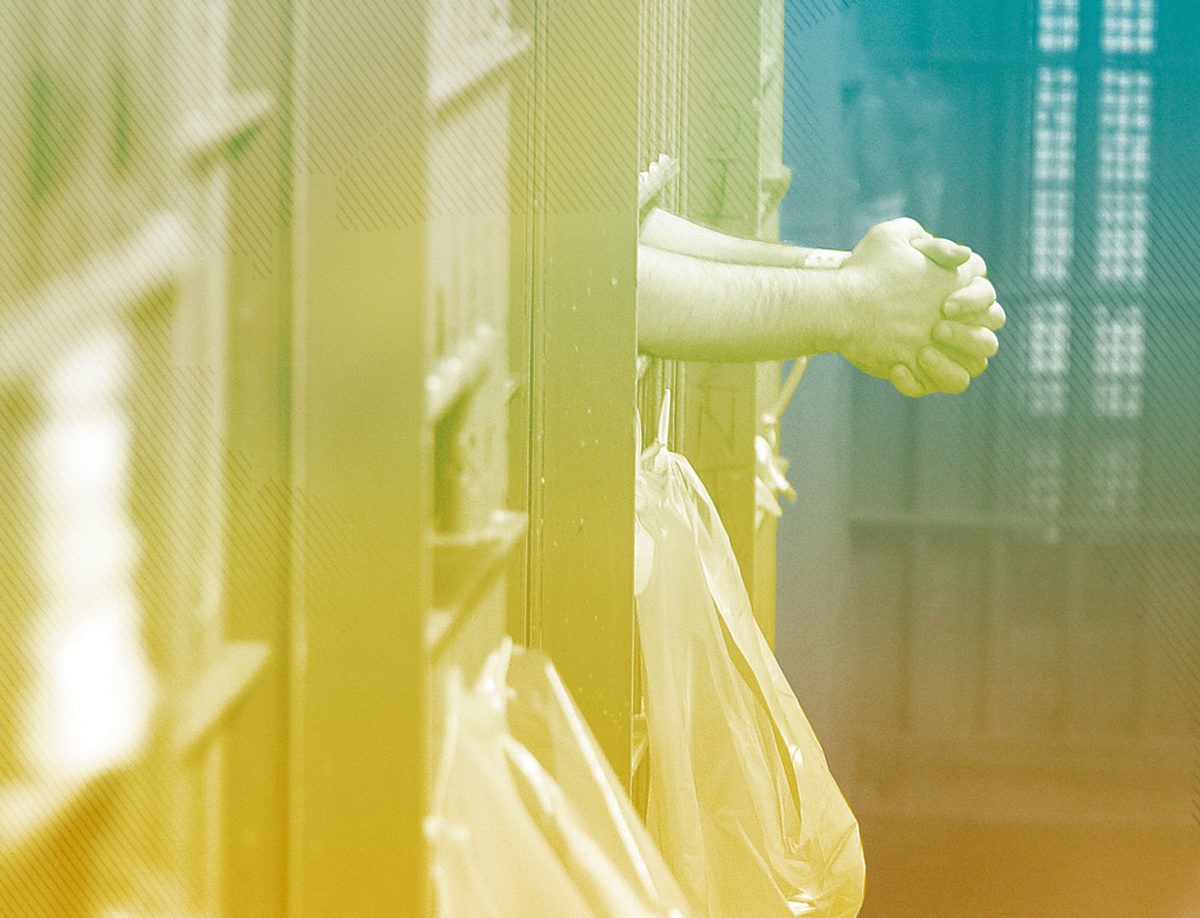
The current coronavirus crisis underscores our urgent need to look hard at our pretrial justice system. Eliminating money bail is a necessary first step.
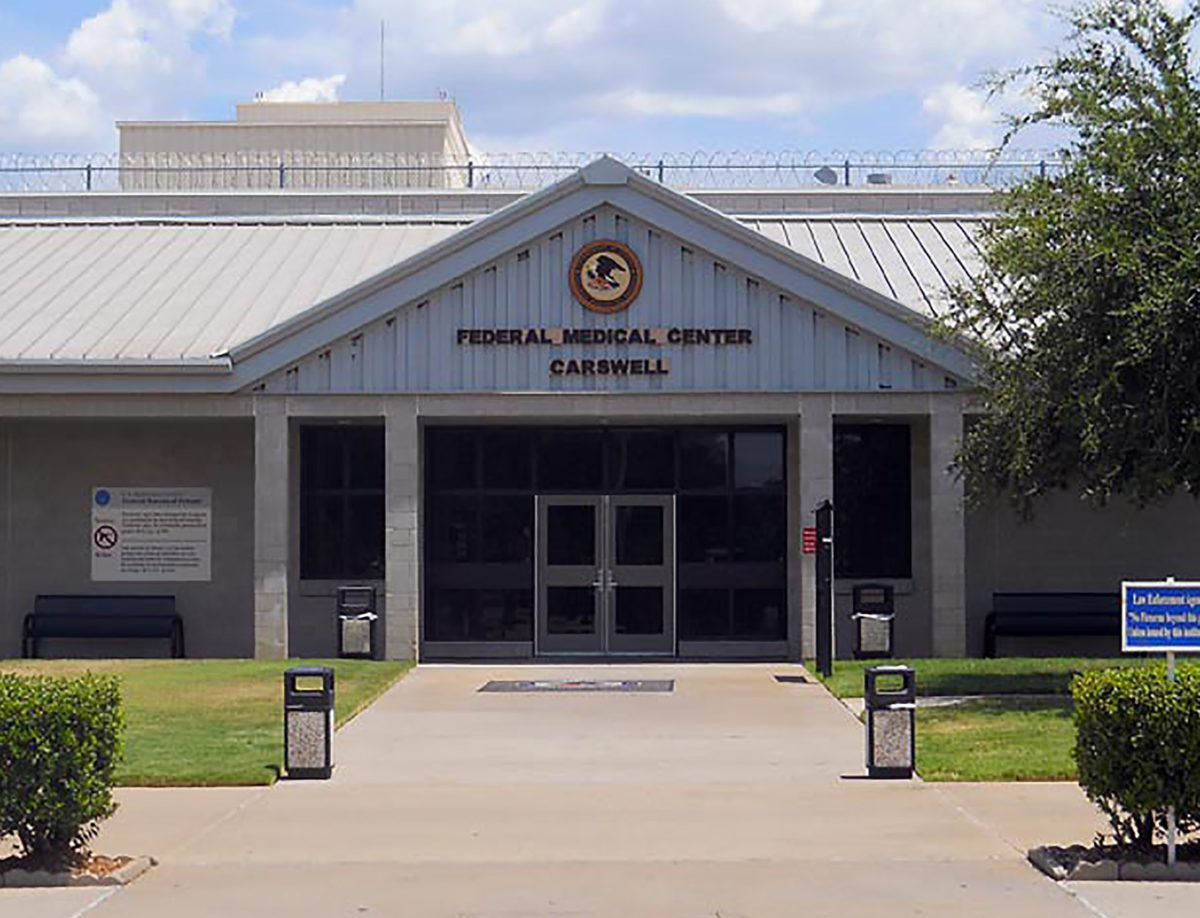
‘This is getting worse,’ one woman said. ‘People just want to sleep or fight. They play with our emotions constantly. This place is scary.’
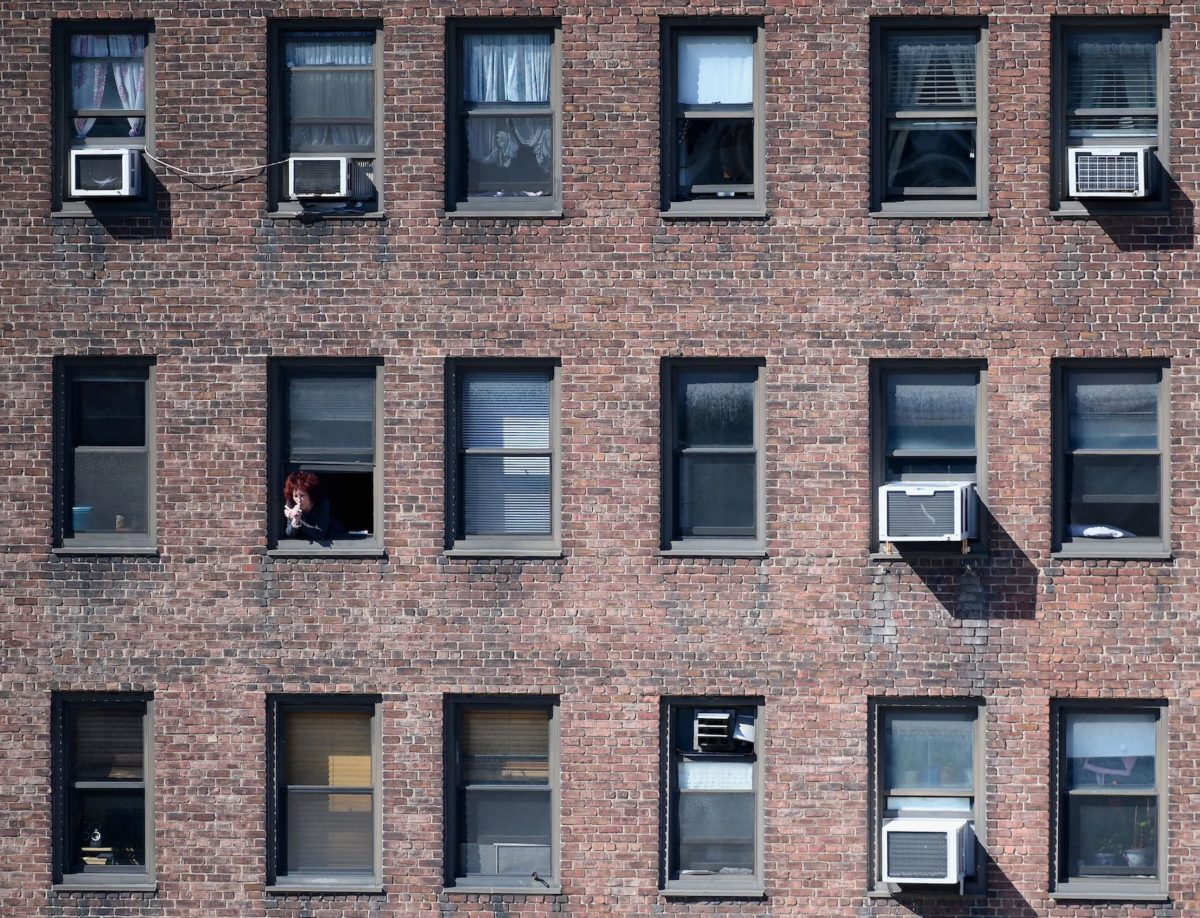
Their proposals move beyond Governor Andrew Cuomo’s 90-day eviction moratorium and call for suspending or forgiving rent payments longer term.
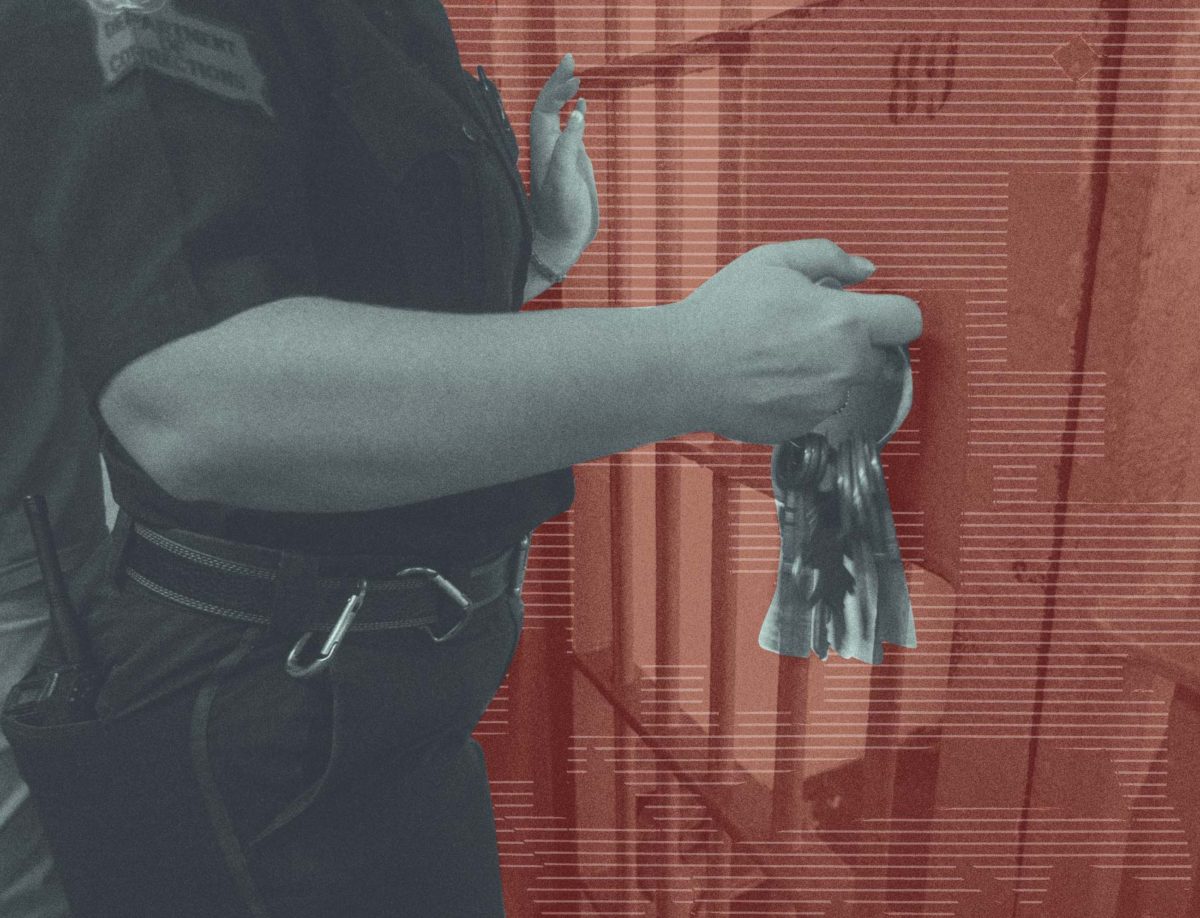
Towns like Homer, Louisiana, have huge prisons, a tiny populace, and few public health resources—a potentially lethal combination as COVID-19 spreads.
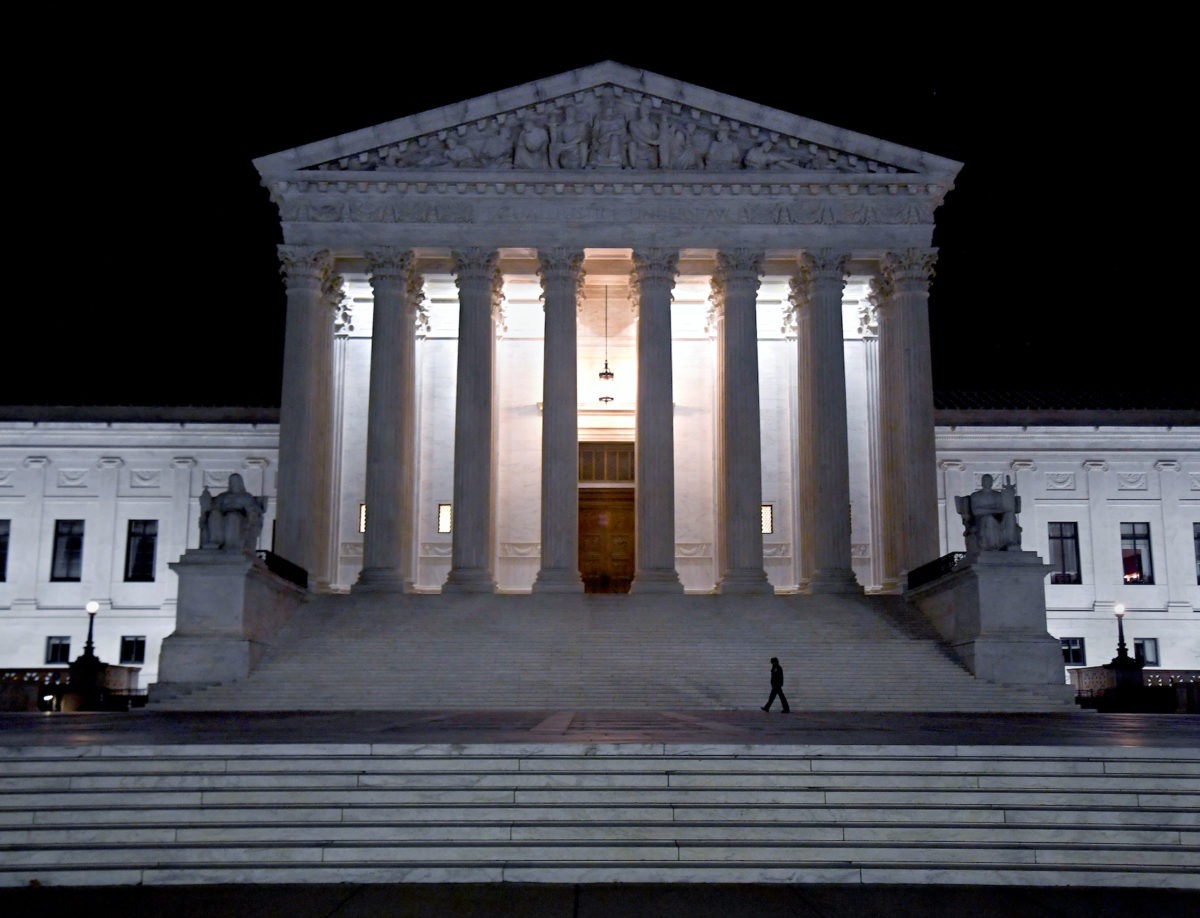
Ramos v. Louisiana is a long-overdue affirmation of the constitutional rights of criminal defendants—and sets the stage for dramatic Supreme Court fights in the years ahead.
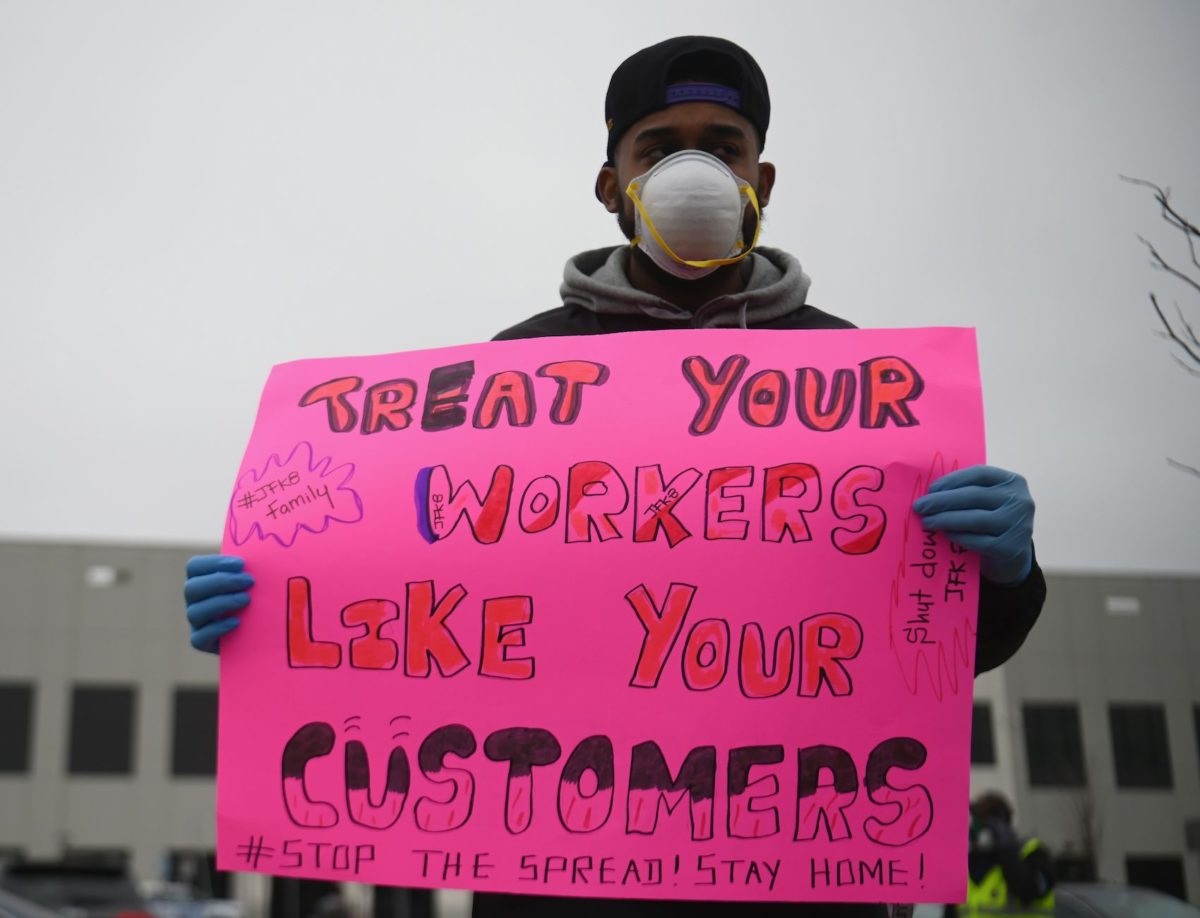
Warehouse workers say time pressure leaves them unable to properly wash their hands, and have reported an increase in mandatory overtime, which creates crowded conditions.
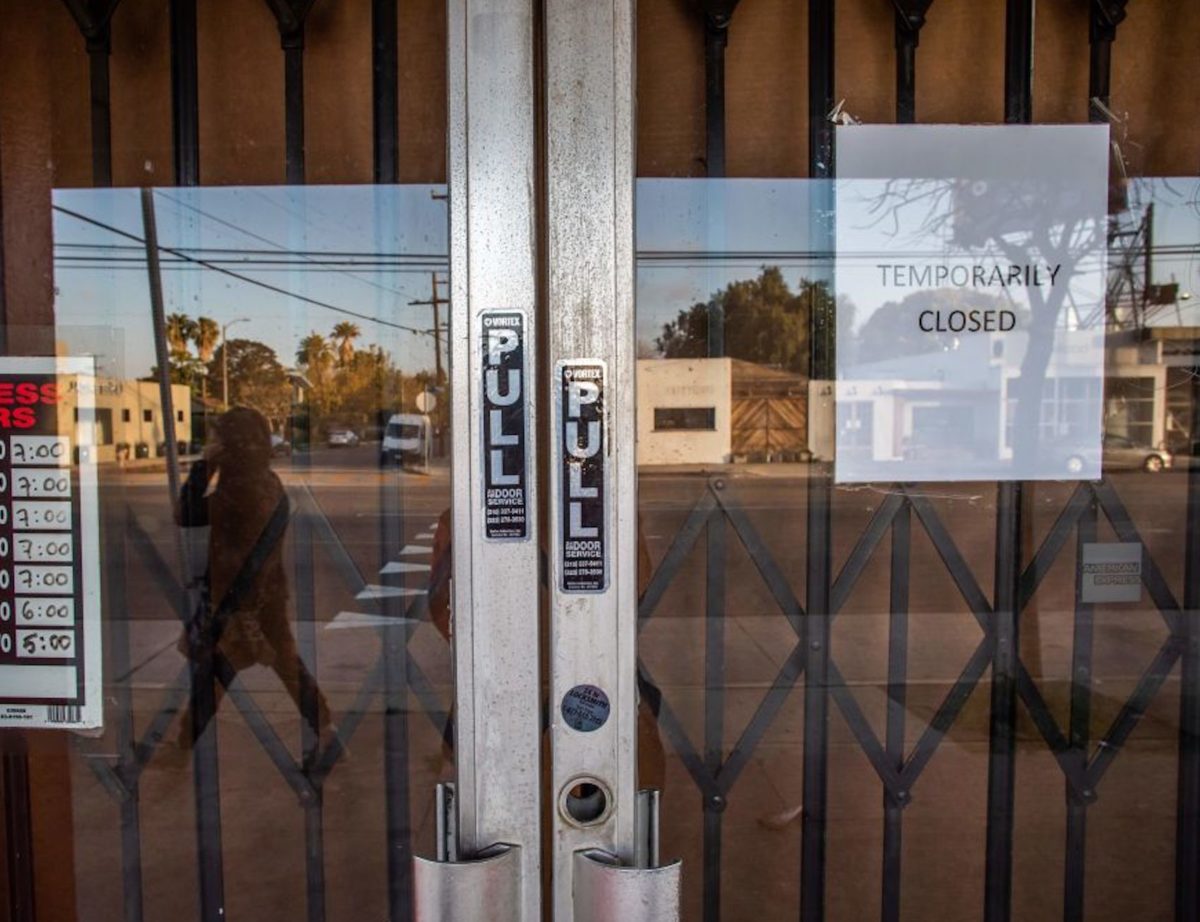
The Small Business Administration has created barriers for people re-entering the workforce after serving time in prison.
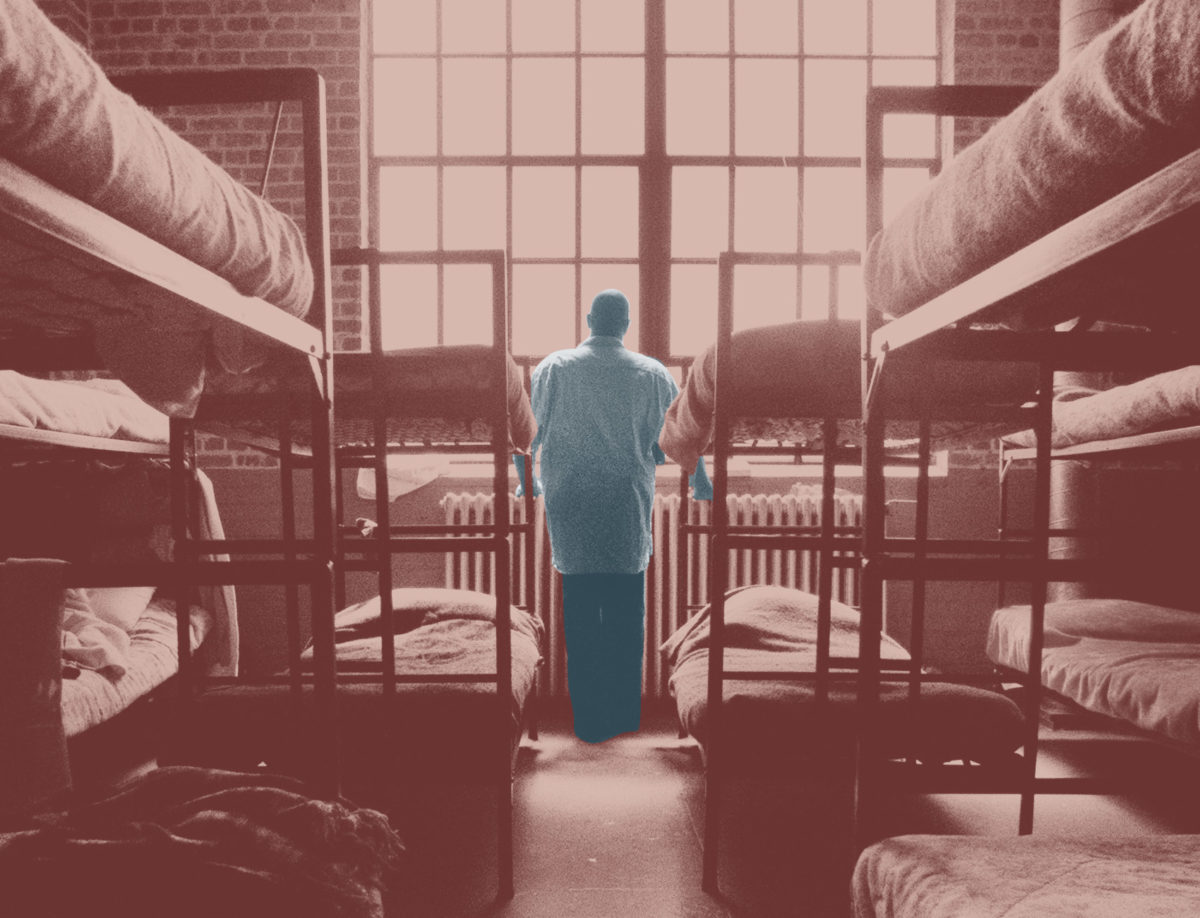
People behind bars are too often forgotten and treated as expendable. We cannot afford to forget them. Our shared survival and shared humanity demand action.
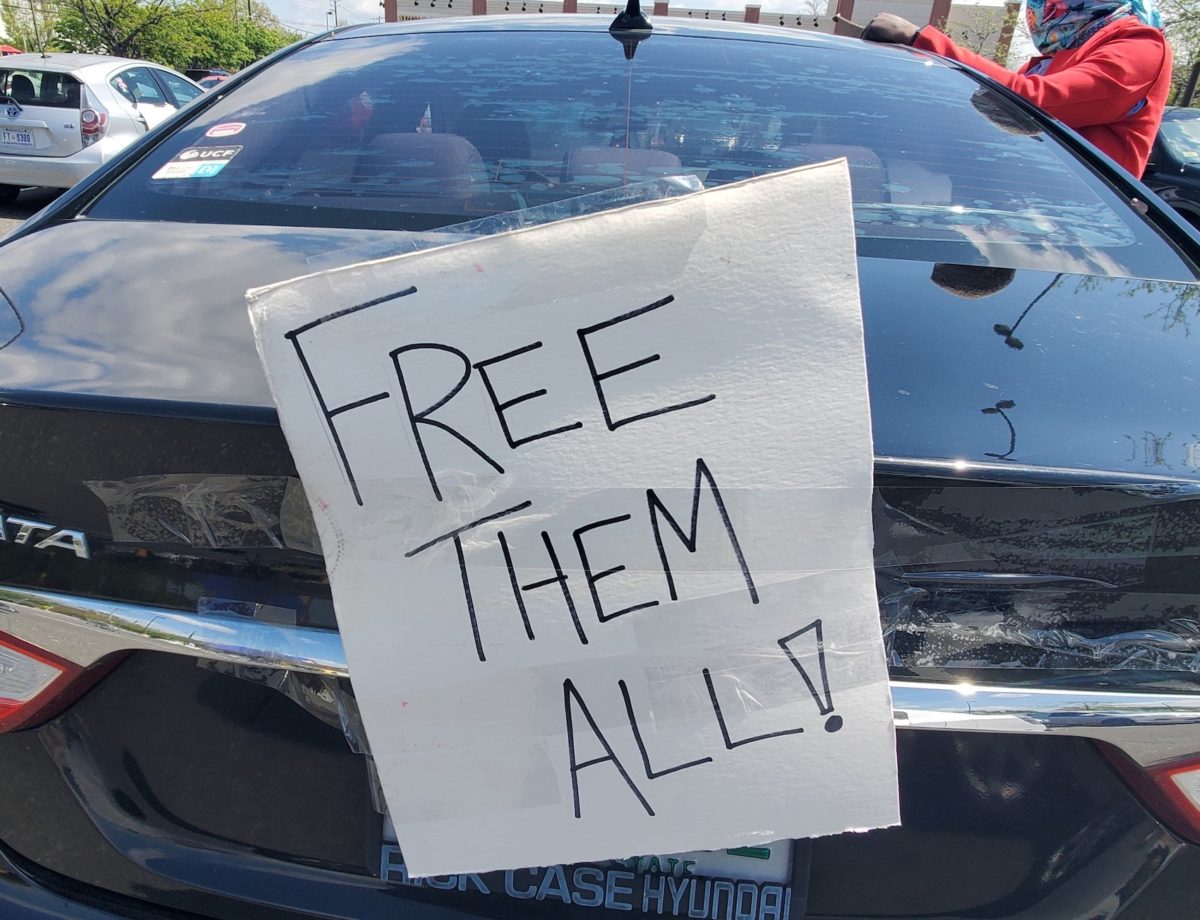
‘It seems like Black people are still being criminalized and are not free,’ one organizer said.
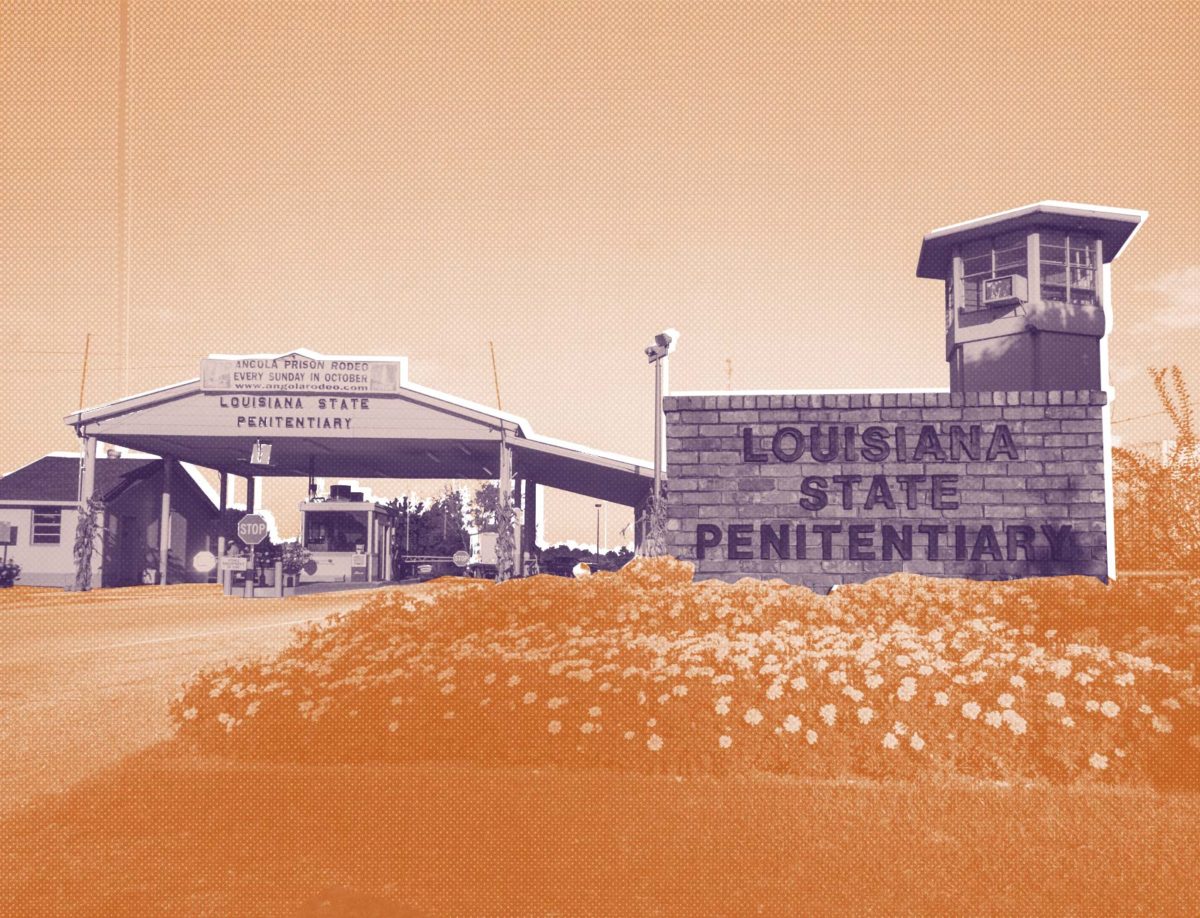
Criminal justice advocates have called Camp J at the Louisiana State Penitentiary ‘a dungeon.’ Now it’s housing prisoners who have been diagnosed with COVID-19.